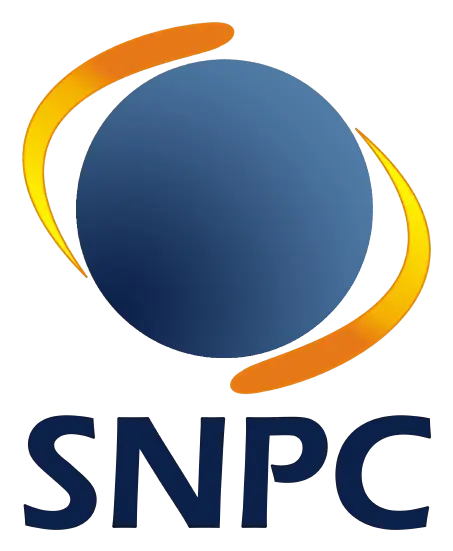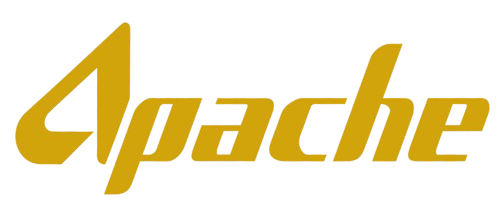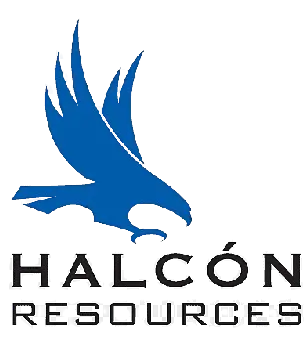All Courses
Use the filter below to navigate our courses
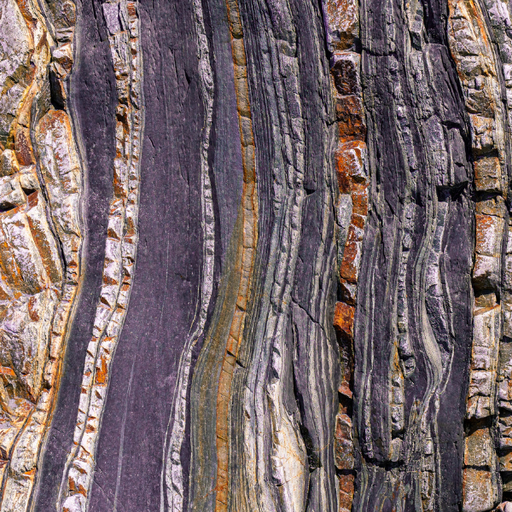
Description:
This course introduces geodynamics, tectonic styles and environments as well as practical seismic interpretation based on concepts of structural geology such as the principle of balancing structural mapping of trap geometries.
Contents:
- Introduction to geodynamics, tectonic styles and tectonic environments
- Kinematic analysis
- Application of conceptual model construction and impact on res-ervoir characterization
- Impact on reservoir characterization
Designed for : Geologists, geophysicists, reservoir engineers, petroleum engineers
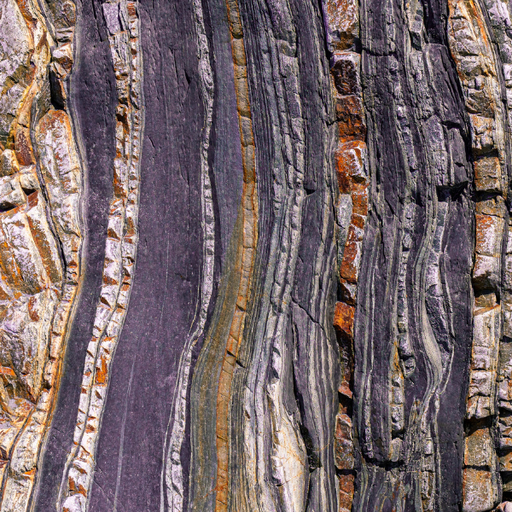
Description:
This course studies the relationships between depositional facies, sedimentary structures to untangle the depositional environment. It Introduces the basic principles of sequence stratigraphy and shows how the principles can be applied to give the geoscientist a superior framework for the integration of geologic, geo-physical, and engineering data.
Contents:
- Introduction to Sedimentology
- Types of Sequence Stratigraphic Units
- Sequence Stratigraphic Surfaces
- Exploration and Production Scales
Designed for : Geologists, geophysicists, reservoir engineers, petroleum engineers .
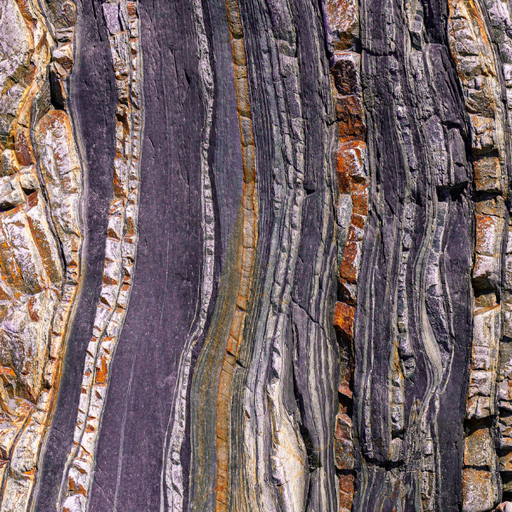
Description:
This course takes a detailed look at carbonate reservoirs. It is designed for geologists, geophysicists, Petro physicists and engineers who are working in the exploration and development of carbonate reservoirs
Contents:
- Carbonate Reservoir Rock Properties
- Depositional Carbonate Reservoirs
- Diagenetic Carbonate Reservoirs
- Fractured Reservoirs
Designed For : Geologists, geophysicists, reservoir engineers, petroleum engineers
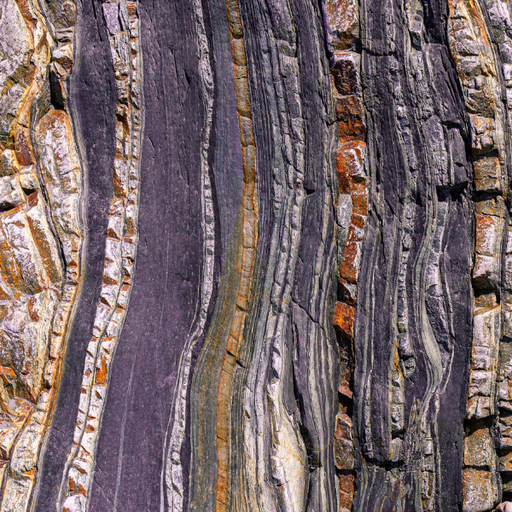
Description :
Introduction to the petroleum systems and describes the trip of the organic matter, from its formation to its trapping
Contents:
- The dynamic Petroleum System Concept
- Organic Source for Oil and Gas
- Rocks Evaluation
- Expulsion, Migration and Reservoir Processes
Designed For: Geologists, geophysicists, reservoir engineers, petroleum engineers
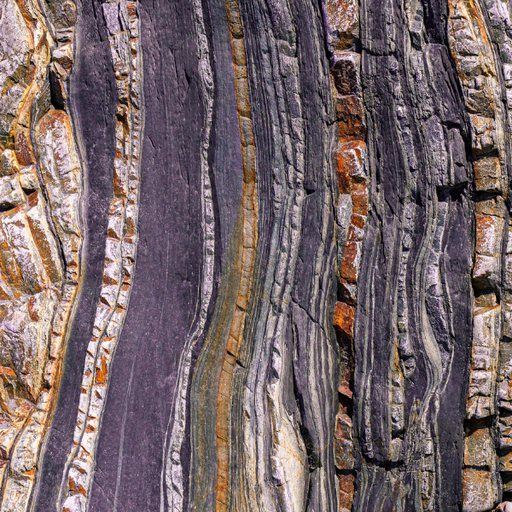
Description :
The goal of this course is for participants to understand the systems that generate fossil hydrocarbons. Such insights form the basis for the successful exploration and production of these valuable natural resources. This course addresses the origin, distribution and analysis of source rocks, geological structures, and sedimentary layers that allow petroleum accumulations to form in the subsurface, as well as the porous subsurface rock formations that store petroleum resources.
Contents:
- The dynamic Petroleum System Concept
- Organic Source for Oil and Gas
- Rocks Evaluation
- Expulsion, Migration and Reservoir Processes
- Expulsion, Migration and Reservoir Processes
- Worldwide Case Studies
Designed For: Geologists, geophysicists, reservoir engineers, petroleum engineers
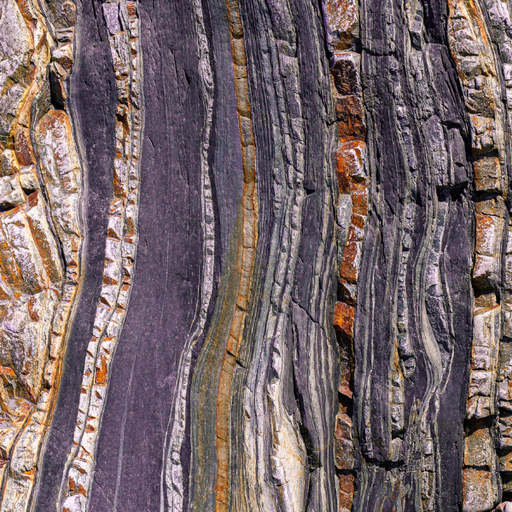
Description:
Introduction to the advantages of developing a Geographic Information System in Oil & Gas applications
Contents:
- Introduction to Earth System Science and Modeling
- Creating Surfaces & 3D Models
Designed For: All the Oil & Gas technicians and engineers
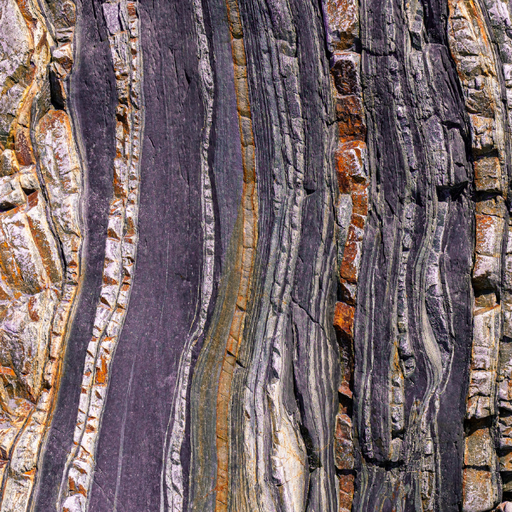
Description:
This course provides knowledge and unique tools for practical, systematic, predrill assessment of potentially recoverable oil and gas to use the best available methods - trap volumetrics and hydrocarbon charge for prospects, and potential numbers and sizes of prospects for plays to quantify risks and uncertainties and to provide insights for man-agers and reviewers in evaluating assessments, avoiding pitfalls, high-grading exploration opportunities, and planning selectively for the future.
Contents:
- Introduction
- Play Assessment
- Prospect Analysis and Generation
- Risk Analysis
Designed for: All the Oil & Gas technicians and engineers and non-technical managers interested in prospect assessment
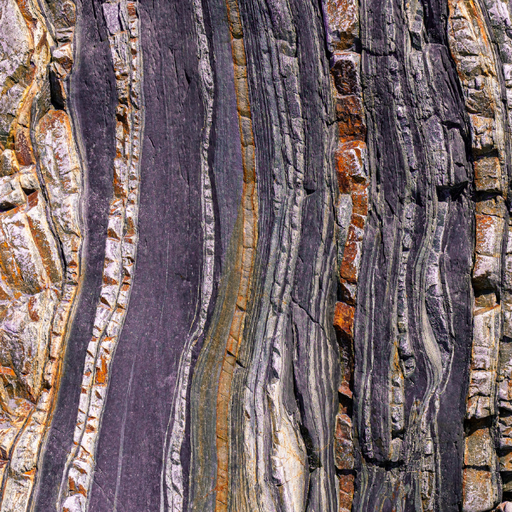
Description:
This course provides a unique opportunity to learn all the aspects related to the understanding and modeling of unconventional and fractured reservoirs. This course is useful to all geoscientists working on carbonate reservoirs and interested in deepening their knowledge of the impact of the natural fractures .
Contents:
- Introduction: Fractures
- Modeling Fractured Reservoirs
Designed For: Geologists, geophysicists, Petro physicists and petroleum engineers
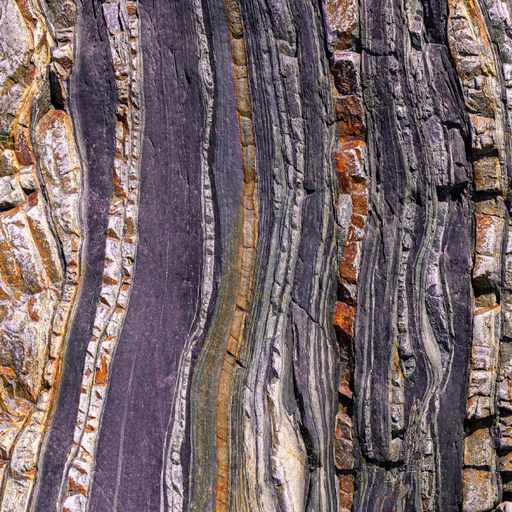
Description:
This course takes a detailed look at siliciclastic reservoirs. It is designed for geologists, geophysicists, Petro physicists and engineers who are working in the exploration and development of siliciclastic reservoirs.
Contents:
- Classification and Properties of Siliciclastic Reservoirs
- Depositional Environments
- Diagenetic Environments
Designed For: Geologists, geophysicists, reservoir engineers, petroleum engineers

Description :
This course introduces the essential acquisition and processing techniques. It aims at acquiring fundamental concepts in subsurface imaging for geological interpretation purposes.
Contents:
- Seismic Waves Propagation & Signal Processing
- Seismic Acquisition
- Seismic Processing & Imaging Borehole Seismic
- Borehole Seismic
- Seismic For Reservoir Analysis
- Summary, Synthesis & Wrap-Up
Designed For: Junior geophysicists, Geologists, petroleum engineers, and staff who interpret seismic data and need exposure to acquisition and processing techniques

Description : This course covers seismic acquisition and processing techniques that form the basis for value-added seismic applications in exploration, field appraisal, and reservoir management
Contents:
- Seismic Waves Propagation & Signal Processing
- Seismic Acquisition
- Seismic Processing & Imaging
- Borehole Seismic
- Seismic Interpretation
- Seismic For Reservoir Analysis
- Summary, Synthesis & Wrap-Up
Designed For: Geophysicists, geoscientists, and engineers who are involved in seismic acquisition and processing

Description :
This course provides a thorough understanding of seismic reflection and usual applications. It aims at acquiring fundamental concepts in subsurface imaging for geological interpretation purposes.
Contents:
- Workshop Presentation & Objectives
- Seismic Data Analysis & Qc
- Well-To-Seismic Tying & Horizons Identification
- Seismic Data Picking & Mapping - Potential Traps Detection
- Velocity Model Construction & Time-To-Depth Conversion
- Potential Reservoirs Analysis
- Structural Prospects Identification & Evaluation
- Summary, Synthesis & Wrap-Up
Designed For: Geophysicists, geoscientists, and engineers who are involved in seismic interpretation

Description :
This course presents in simple terms the definition, types, and workflow of post-stack seismic inversions, pointing out their merits and limitations. This program can be done as a short course of 3 days for technical staff who are not supposed to calculate inversions, at work, but who want to acquire basic knowledge of the workflow, starting from the data collection to the inversion result QC. An advanced version of this course can be done in 8 days for geophysicists to give them a theoretical and practical understanding and know-how to perform post-stack inversions on real case studies.
Contents:
- General Introduction
- Seismic improvement
- Seismic Calibration of Wells and Seismic Attributes
- Construction of the Structural Model
- Post-Stack Inversions (Deterministic)
- Post-Stack Inversions (Stochastic)
- Analysis of seismic attributes and inversions
- Summary, Synthesis & Wrap-Up
Designed For: Geophysicists, geologists, engineers and technical staff who want to understand seismic inversions and learn how to apply these increasingly critical techniques.

Description:
The main objective of this course is to present the whole working methodology of a reservoir characterization using pre-stack data, including data loading and quality control, angle-stack de-composition and conditioning, extraction and estimation of seismic parameters at well level, AVO modeling, calculation and analysis of AVO attributes, calculation and analysis of pre-stack seismic inversions.
Contents:
- General Introduction
- Rock physics analysis
- Angle stack decomposition and conditioning
- AVO modeling and analysis
- Pre-stack Inversion (extended elastic inversion)
- Pre-stack attribute and inversions analysis
- Summary, Synthesis & Wrap-Up
Designed For: Geophysicists, geologists, engineers and technical staff who want to understand seismic inversions and learn how to apply these increasingly critical techniques

Description:
This course covers the theory and practice of the pre-stack conditioning for AVO analysis, the angle stack decomposition process and the AVO modeling. This training is also available as a 3-day course, with only the theoretical parts, and is designed for candidates with no experience with angle-stack decomposition and AVO modeling
Contents:
- General Introduction
- Pre-Stack processing and Conditioning
- Angle-Stack Decomposition
- Quality control and angle stack validation
- AVO modeling and analysis
- Summary, Synthesis & Wrap-Up
Designed For: Geophysicists, and technical staff who are interested in learning about angle-stack decomposition and AVO modeling

Description:
This course incorporates the concepts of sequence stratigraphy into the process of seismic interpretation and provides a stratigraphic model emphasizing the distribution of the reservoir.
Contents:
- General Introduction
- Seismic Stratigraphy & Tectonic Style
- Interpretation of seismic stratigraphy
- Stratigraphic model
- Seismic Attributes and Inversion in Stratigraphic Analysis
- Seismic Stratigraphy & Deposit Systems
- Summary, Synthesis & Wrap-Up
Designed For: Geophysicists and geologists

Description:
Depth conversion is a basic skill for seismic interpreters. However, there is no single methodology that is optimal for all cases since the available seismic and geologic control varies in quantity and quality within each project. This course helps interpreters to have a good understanding of the velocity types, chose the adequate method for velocity modeling, and make a depth-error analysis.
Contents:
- Overview of Depth Conversion
- Sources of Velocity
- Defining Velocity Types
- Functional Representation of Velocities
- Gridded Representation of Velocities
- Well and Seismic Data Integration
- Vertical Time-to-Depth Conversion (Single Layer)
- Vertical Time-to-Depth Conversion (Multi-Layer)
- Well/Seismic Database Validation
- Uncertainty Analysis
- Pitfalls of Vertical Depth Conversion
- Anisotropy and Depth Migration
- Calibration of Depth Migration with Wells
- Summary, Synthesis & Wrap-Up
Designed For: Geophysicists, geologists, petroleum engineers and technical staff who are meant to perform the velocity modeling process or quality check velocity models

Description:
This course provides a good opportunity to learn how to build 3D models of reservoir properties using seismic and well data.
Contents:
- General introduction to geostatistical methods and Neural Net methods
- General introduction to geostatistical methods and Neural Net methods
- Modeling of fractures by continuous modeling
- Naturally Fractured Reservoir Engineering
- Summary, Synthesis & Wrap-Up
Designed For: Geophysicists, geologists and petroleum engineers.
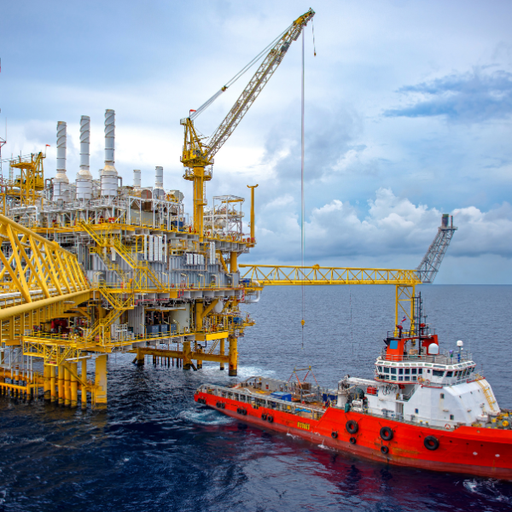
Description:
This course will explore the logging tools response to different lithologies. It will help participants understand log readings, applications, and limitations. It will teach them the basic concepts of petrophysics as well as the techniques and procedures of log interpretation.
- Basic petrophysical properties
- Basic Log Types
- Open hole logging tools and measurements
- Quick look Log Interpretation
DESIGNED FOR: Junior Petro physicists, Geophysicists, geologists and all technical staff interested in petrophysics
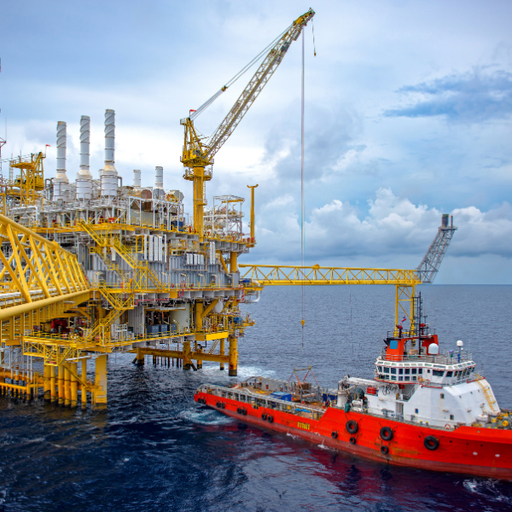
Description:
This course will explore the logging tools response to the properties of rocks and fluid content as well as the main applications and limitations of most of the existing open-hole logging technologies. The course also covers the advanced log interpretation techniques which will be explained using examples and exercises.
Content:
- Conductivity and nuclear logging tools
- Acoustic and geological logging tools
- Advanced logging tools and an introduction to training evaluation
- Saturation/Height Analysis
- Advanced Log Interpretation Techniques
DESIGNED FOR: Petro physicists
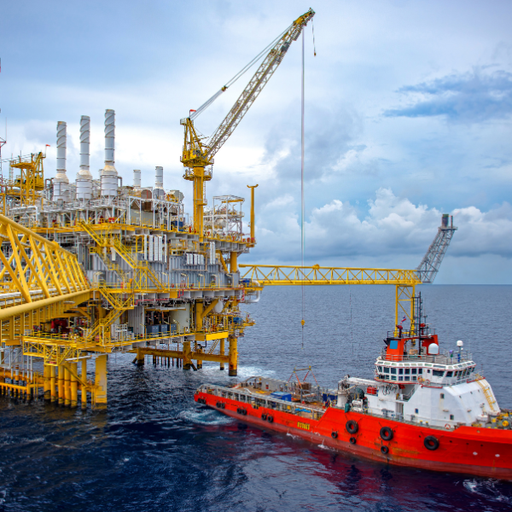
Description:
This course provides a deep understanding of the methods used to measure reservoir petrophysical properties from cores, logs and well tests data and, ultimately, correlate and integrate results for reservoir characterization and modeling. This training is also available as a 3-day course, designed for junior petrophysicists and technical staff interested in knowing more about the petrophysical properties
Content:
- Reservoir Properties from Conventional & Special Core Analysis
- Reservoir Properties from Log Evaluation
- Rock-Typing
- Pressure and Well Testing
- Data Integration for Reservoir Modeling
- Summary, Synthesis & Wrap-Up
Designed For: Petrophysicists, Geophysicists, geologists and all technical staff interested in petrophysics
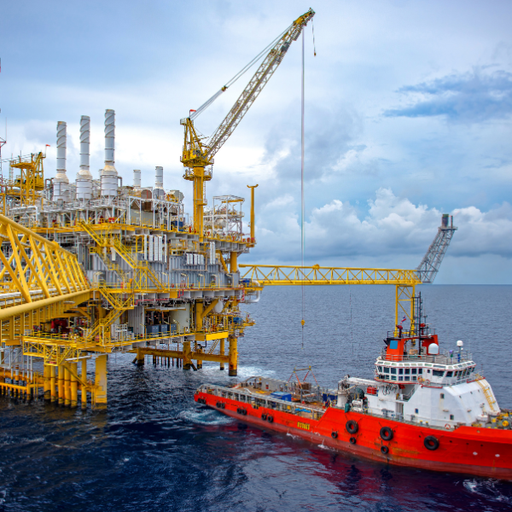
Description:
This course provides a comprehensive and practical understanding of methods, procedures and issues related to laboratory conventional analysis for describing and evaluating reservoir rock properties, and all considerations that should be considered for petrophysical and reservoir simulation models. This training is also available as a 3-day foundation course, to technical staff who want to get an overview of the core analysis.
Contents:
- Best Practice in Coring & Core Analysis .
- Conventional Core Analysis.
- Quality Control of Available Data.
- Design Of RCA Program.
- Summary, Synthesis & Wrap-Up.
Designed For: Petro physicists, Geophysicists, geologists and all technical staff interested in core analysis studies.
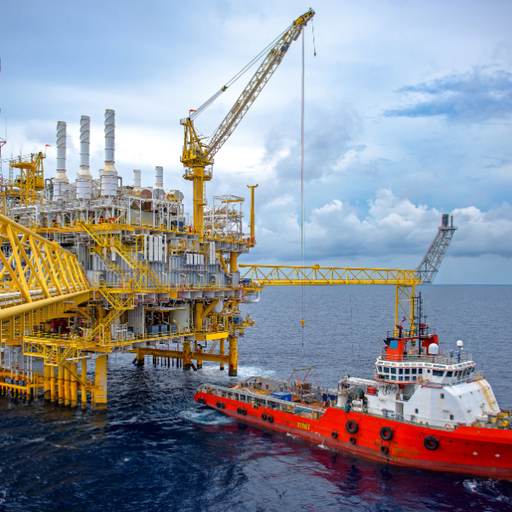
Description:
This course provides a comprehensive and practical understanding of methods, procedures and issues related to evaluation of special rock properties such as relative permeability and capillary pressure at laboratory and all considerations before their application in reservoir simulation.
Contents:
- Introduction
- Wettability and Wettability tests
- Electrical properties
- Capillary pressure
- Relative permeability
- Geomechanics tests
- Design Of SCAL Program
Designed For: Petrophysicists, Geophysicists, geologists and petroleum engineers
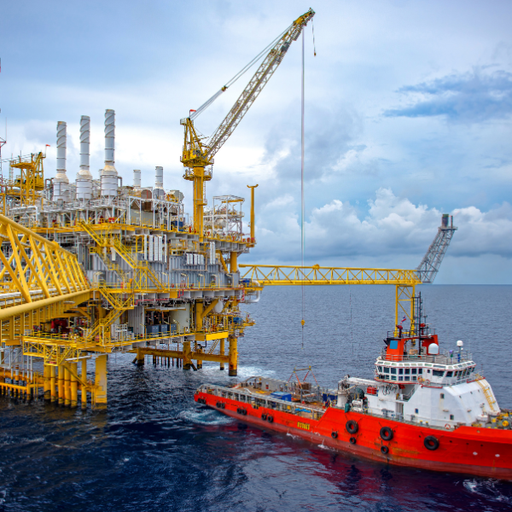
Description:
This course provides participants with an integrated approach to facies analysis and rock-typing combining logs, core description, and laboratory petrophysical data.
Contents:
- Overview On Electro facies Analysis & Rock-Typing
- Non-Supervised Analysis
- Supervised Analysis
- Rock-Types Determination
- Summary, Synthesis & Wrap-Up
Designed For: Junior Petro physicists, Geophysicists, geologists and petroleum engineers
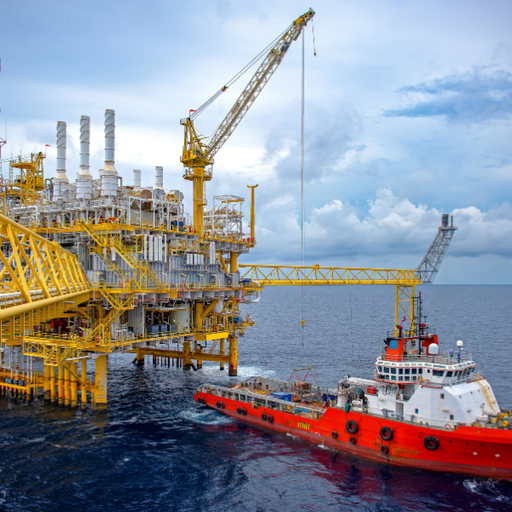
Description:
This course develops an integrated approach to rock-type determination combining raw logs, interpreted logs from petrophysical evaluation, core description, and laboratory petrophysical data (routine core analysis and special core analysis). It details the quality control and processing which are necessary before the integration of such data. Interpretation techniques allowing a consistent integration of these different sources of data are developed based on probabilistic classification schemes. Various means to ensure the consistency between lithofacies and petrophysical rock-types incorporating SCAL data are discussed. Alternative approaches for rock-type determination based on specific porosity/permeability models are also presented. Eventually it is shown how the full rock-typing scheme is validated through the modeling of initial water saturation.
Contents:
- General Workflow For Rock-Typing
- Electro facies Analysis
- Porosity-Permeability Modeling
- SCAL Data Integration
- Water Saturation Modeling
- SCAL Data Integration
- Water Saturation Modeling
- Summary, Synthesis & Wrap-Up
Designed For: Petro physicists
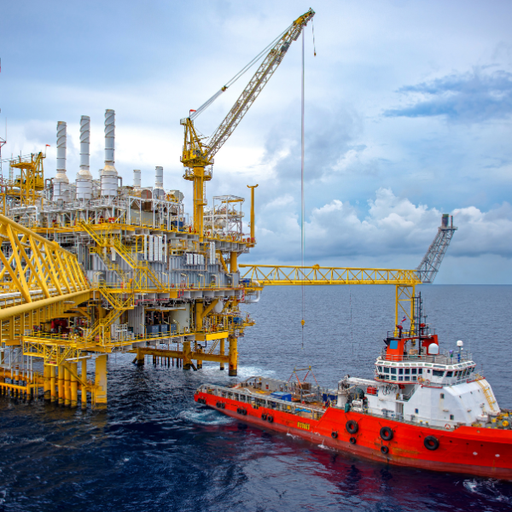
Description:
This training course aims to ensure the understanding of geomechanics related phenomena that affect reservoir exploitation management and safety such as compaction/subsidence, reservoir cover layer fracturing, fault activation, and to be aware of the techniques used in the petroleum industry to mitigate these phenomena.
Contents:
- Introduction To Geomechanics In The Petroleum Industry
- Theoretical Bases Useful for Reservoir Applications
- Impact Of Geomechanics On Reservoir Safety & Management
- Application
- Summary, Synthesis & Wrap-Up
Designed For: Petro physicists, geophysicists, geologists and petroleum engineers .
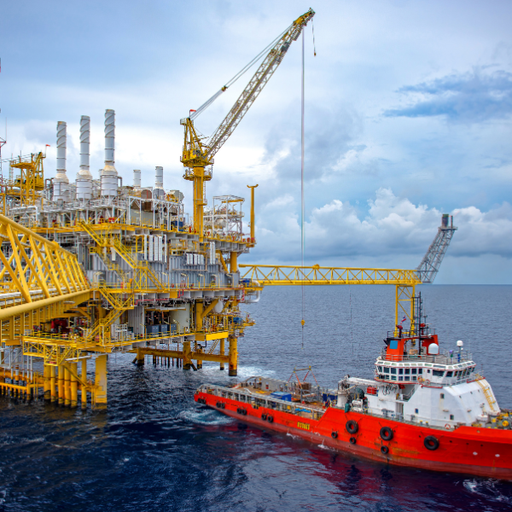
Description:
This course provides participants with an understanding of current borehole imaging tools and modern interpretation techniques. This training is also available as a 3-day foundation course
Contents:
- Introduction To Borehole Imaging Log
- Borehole Image Tools & Quality Control
- Borehole Image Interpretation: Case Study
- Summary, Synthesis & Wrap-Up
Designed For: Petro physicists, geologists and petroleum engineers
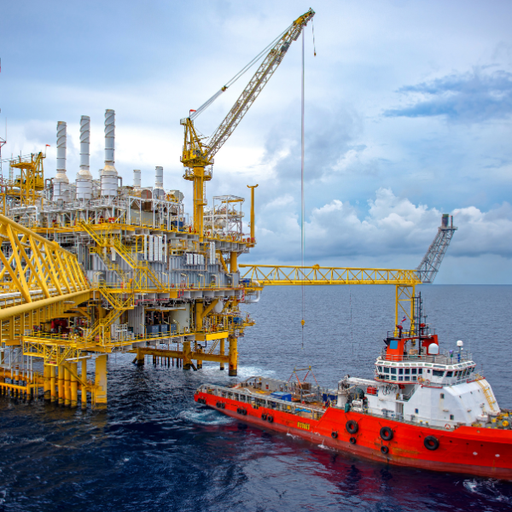
Description:
This course provides knowledge and understanding of the petrophysical aspects of tight reservoirs. This course can be delivered as a 3-day course for foundation level.
Contents:
- Tight Reservoirs
- Tight Reservoir Challenges
- Formation evaluation and characterization
- Tight Reservoir Petrophysics Workshop
- Summary, Synthesis & Wrap-Up
Designed For: Summary, Synthesis & Wrap-Up
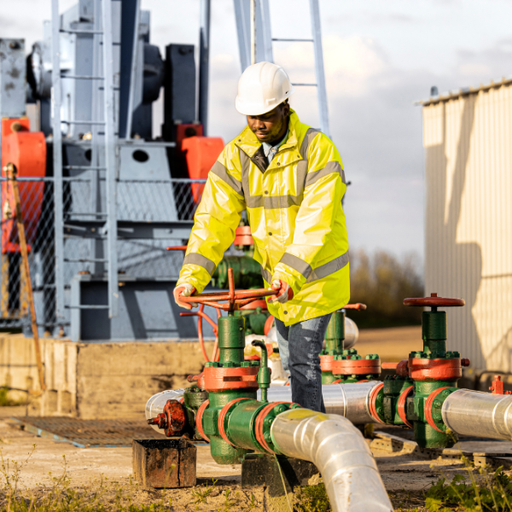
Description:
This course covers the fundamental aspects and practices of production engineering, by providing a clear understanding of the integrated production systems, from reservoir to surface. The course addresses details of reservoir engineering concepts, reservoir inflow performance, well performance and productivity as well as monitoring production system behavior using Surface and downhole technologies, flow assurance issues, artificial lift technology and production surface facilities. It emphasizes production process diagnostics to help troubleshooting problem wells and aid design appropriate well intervention and work-over operations.
Contents:
- Reservoir Properties overview
- Reservoir Performance
- Well Production Optimization
- In-well production diagnosis
- Well Completion
- Artificial Lift Technologies
- Production Operations
Designed For: Petroleum engineers, graduated production engineers, process engineers, development geologists, geoscientists and other technical or operational staff with a limited background in production engineering
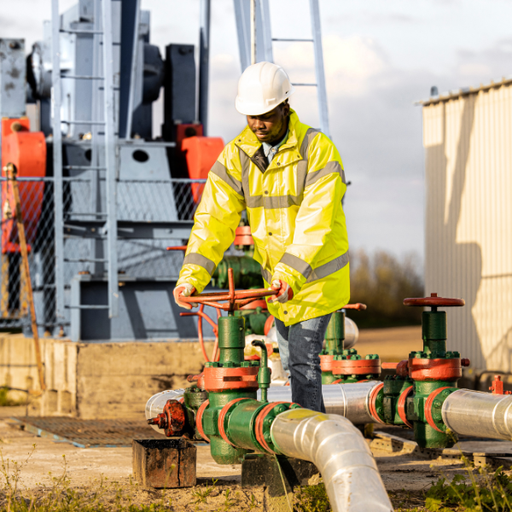
Description:
This course aims to cover the fundamental aspects of Well Stimulation whose main objective is to repair formation damage and improve well production. Detailed understanding will be conducted on formation damage and its impact on well production performance, stimulation techniques, their advantages, and disadvantages. Stimulation job execution, monitoring and evaluation will be discussed with an emphasis on HSE considerations.
Contents:
- Formation damage
- Introduction to Stimulation Concepts
- Acidizing
- Acid Job design, Execution and Evaluation
- Hydraulic Fracturing
Designed For: Petroleum Engineers, Reservoir engineers, Production Engineers , Production Technologist, Field Engineers, Development Geologist, Field Engineers, Oil Field Technical Staff, production managers and other technical or operational staff who are involved in acidizing and fracturing operations.
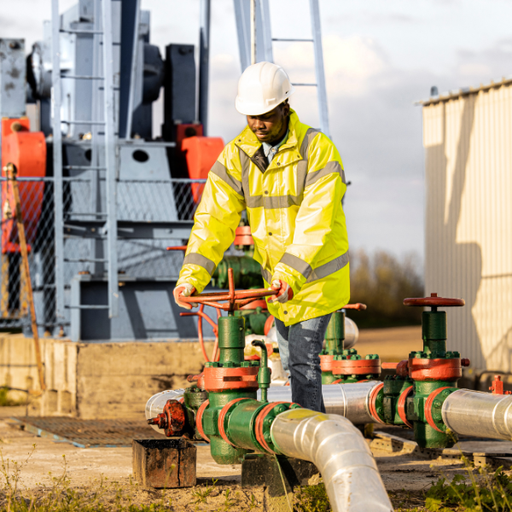
Description:
This course aims to cover the fundamental aspects of Well Stimulation whose main objective is to repair formation damage and improve well production. Detailed understanding will be conducted on formation damage and its impact on well production performance, stimulation techniques, their advantages, and disadvantages. Stimulation job execution, monitoring and evaluation will be discussed with an emphasis on HSE considerations.
Contents:
- Reservoir Performance
- Formation damage
- Acidizing
- Hydraulic Fracturing
- Case studies
Designed For: Petroleum Engineers, Reservoir engineers, Production Engineers , Production Technologist, Field Engineers, Development Geologist, Field Engineers, Oil Field Technical Staff, production managers and other technical or operational staff who are involved in acidizing and fracturing operations.
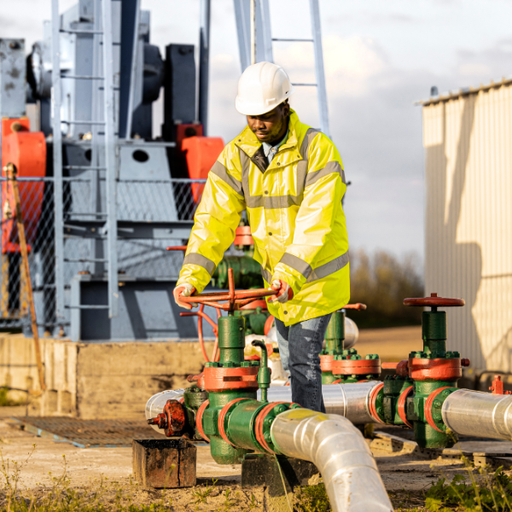
Description:
This course presents an overview of the various artificial lift systems used in the oil and gas industry. After introducing the need for an artificial lift system, training will focus on each of the following lift methods: Gas lift, Beam (Rod) Pump Systems, Progressive Cavity Pumping (PCP), Electrical Submersible Pumping (ESP), Hydraulic Pumping (HP) and Jet Pump (JP). For each lift type, the course covers main components, design, applications and troubleshooting.
Contents:
- Well and reservoir performance
- Overview of Artificial Lift Systems
- Artificial lift systems limits
- Selection Methods
- Critical parameters affecting artificial lift type
- Gas Lift Systems
- Sucker Rod Pump
- Progressive Cavity Pump (PCP)
- Electric Submersible Pumping (ESP)
- Hydraulic Pump (HP)
- PERFORATION
- Well Completion Planning
- Special completions
Designed For: Petroleum engineers, production engineers, geoscientists, completion, reservoir and drilling engineers concerned with well performance and production enhancement. Technical and operations staff from other disciplines, who are interested in learning the basic concepts of artificial lift technologies.
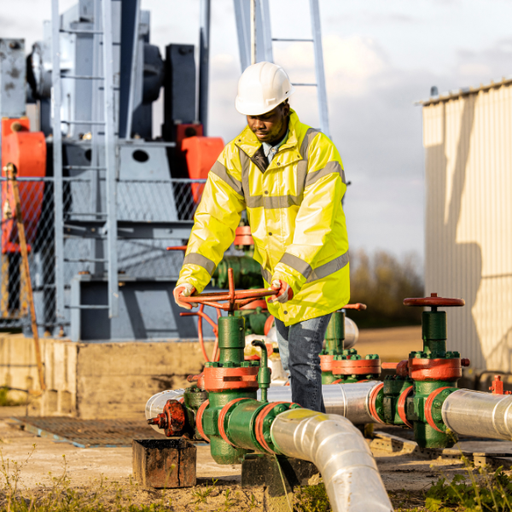
Description:
This course overviews Coiled Tubing surface and pressure control equipment as well as downhole tools. Coiled Tubing pipe manufacturing and operational limits, how to deal with fatigue and the interventions performed with coiled tubing will be clearly presented and discussed. Hence, the course highlights job design, typical CT operations as well as HSE and risk analysis.
Contents:
- Introduction
- Coiled Tubing Equipment
- Monitoring integrity of CT
- CT Pipe
- Well Control Equipment
- Coiled Tubing Application
- Job Design
Designed For: Production engineers, Drilling engineers, Completion engineers, Operations engineers, Field Technicians, Reservoir engineers, Other technical and operational staff who are involved in coiled tubing operations.
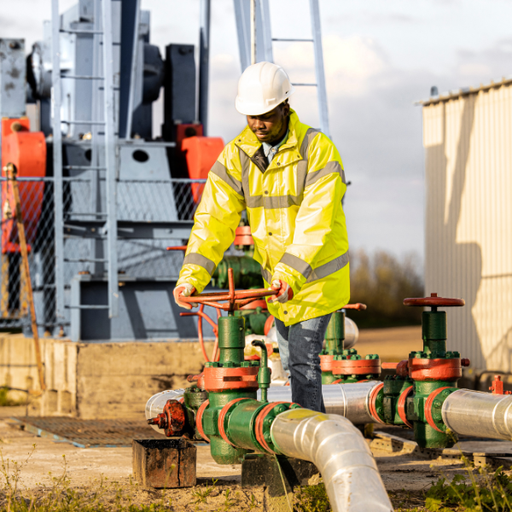
Description:
This course provides an understanding of almost all aspects of perforating including perforating guns and techniques, shaped charges and safety. API qualification tests procedures, methods of predicting and maximizing perforation effectiveness, equipment and operations for wireline and tubing-conveyed techniques will be discussed and presented. The training course covers the operating procedures, job planning and quality control.
Contents:
- Perforating Overview
- Perforating and Production Performance
- Electric Wireline Perforating
- Tubing-Conveyed Perforating
- Safety
Designed For: Production engineers, Completion engineers, Operation engineers, Drilling engineers, Field Technicians, Reservoir engineers, Other technical or operational staff who are involved in well completion operations.
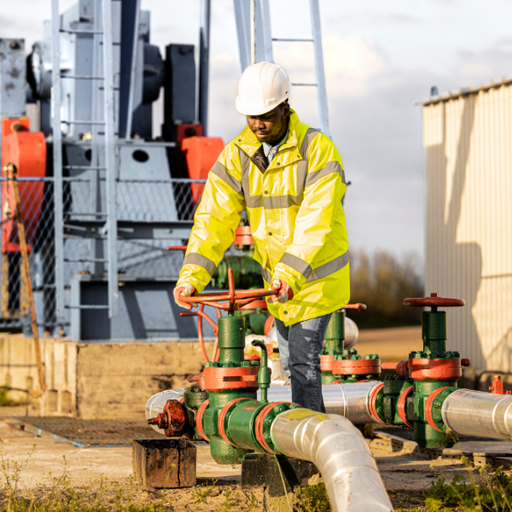
Description:
This course provides an in-depth look at formation damage mechanisms and its impact on well productivity, as well as the methods used for prevention and treatments, including an overview of matrix treatments, in sandstones and carbonates, and hydraulic fracturing. This course also covers the laboratory techniques involved in formation damage testing and different well stimulation techniques to achieve the best reservoir-wellbore communications. The lecture will be accompanied by numerous training exercises and field examples.
Contents:
- Formation Damage
- Damage removal
- Modern Well Completion and Well Intervention
Designed For: Production engineers, Completion engineers, Operation engineers, Drilling engineers, Field Technicians, Reservoir engineers, Other technical or operational staff who are interested in learning wellbore damage mechanisms and mitigation methods.
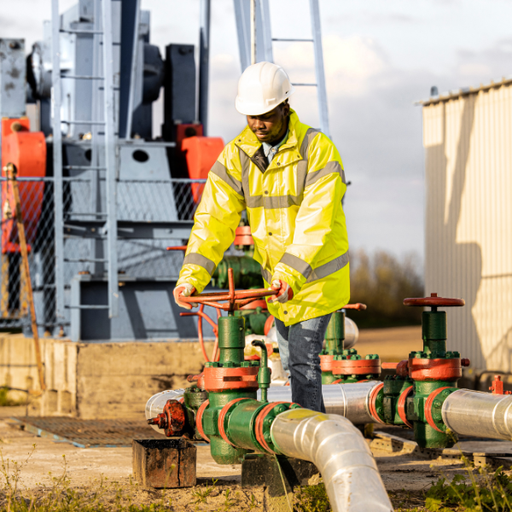
Description:
This course aims to develop knowledge and skills of attendees in all the concepts related to sand production, causes, control methods and control equipment. Sand production prediction and management strategy are discussed and presented. Developing strategies for managing sand production for both production and water injection wells are also explained.
Contents:
- Sand Production
- Sand production management
- Sand Control Methods
- Sand control equipment
- Sand Production Prediction
- Surveillance strategy
- Sand Control in Heavy Oil Producing Wells
- Sand production in horizontal wells
Designed For: Production engineers, Completion engineers, Operation engineers, Drilling engineers, Field Technicians, Reservoir engineers, Other technical or operational staff who are dealing with sand control design, execution and monitoring.
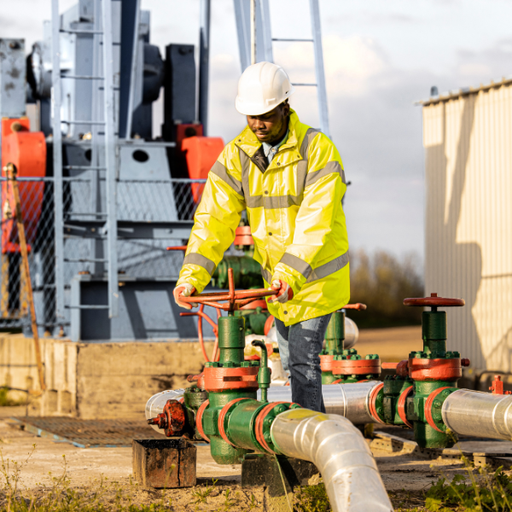
Description:
This course will provide theoretical and practical understanding of the gas lift system covering the fundamentals of well and reservoir performance, gas lift systems, equipment and design. Participants will learn how to improve efficiency and productivity using the gas lift technology. In addition, gas lift design exercise and application using real field data including the use of software programs.
Contents:
- Production System Analysis
- Gas Lift Technology
- Gas Lift system
- Gas Lift System Design
Designed For: Petroleum engineers, production engineers, reservoir engineers, other technical and operations staff from other disciplines, who are involved in the selection, design, operation or troubleshooting of gas lift systems.
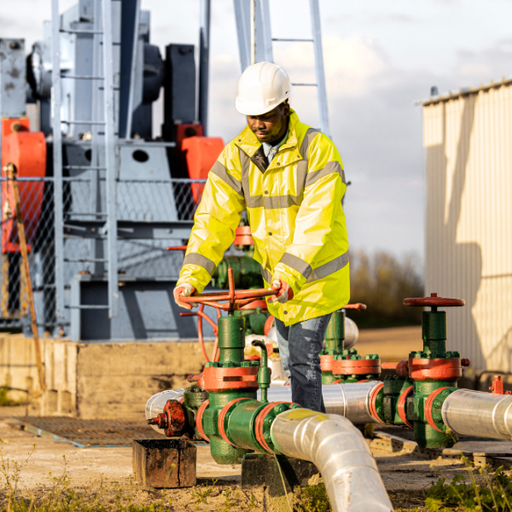
Description:
This course provides advanced concepts of gas lift system, design, equipment and troubleshooting. The curriculum is based on relevant case studies and is accompanied by numerous training exercises and practical field examples.
Contents:
- Production System Analysis & Artificial Lifting Theory
- Gas Lift Technology
- Downhole Equipment
- Gas Lift System Design
- Gas lift systems diagnosis, practical troubleshooting and optimization
Designed For: Petroleum engineers, production engineers, other technical and operational staff from other disciplines, who are interested in learning the concepts of gas lift technology.
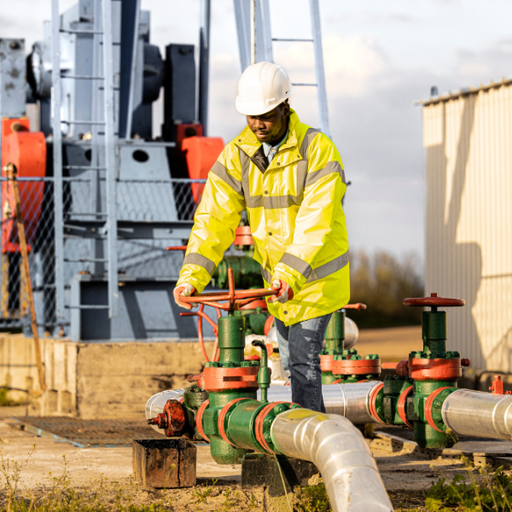
Description:
This course is a complete package of topics that cover all aspects in relation to ESP; Fundamentals and Applications, ESP components and basic functions, equipment selection, installation, commissioning, operation monitoring, control and maintenance. Additionally, participants will learn how to implement the ESP design, and the procedures aspects to make better decisions after evaluating the design of a system for current conditions and how to make changes to face the declining reservoir conditions using computer software.
Contents:
- Fundamentals and Applications of ESP
- ESP Pump Technology and Equipment
- ESP System Performance Calculations and Equipment Sizing
- ESP Monitoring, Control and Protection, Installation
- Commissioning, Operation and Maintenance
Designed For: Petroleum engineers, production engineers, other technical and operational staff who are involved in production optimization.
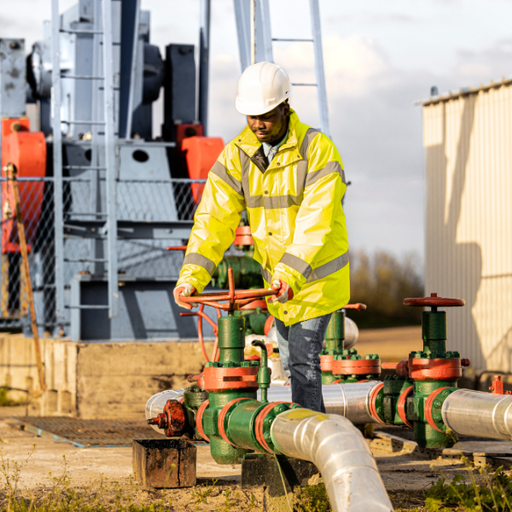
Description:
This course will allow the participant to become familiar with the PCP system, the advantages and limitations of this artificial lift method and its applications. After starting with the basics of reservoir inflow performance, equipment, system design, diagnosis, troubleshooting and optimization are described and discussed. Practical examples and problems are solved using industry computer software.
Contents:
- Introduction
- Reservoir and fluid properties
- Reservoir Performance – Inflow and Outflow Relationships
- Well productivity
- Advantages, limitations, and applications of PCP
- Surface Equipment
- Subsurface equipment
- Design of a PCP system
- Installation considerations and cautions
- Operation and monitoring of the PCP system, set-up of system protection
- Diagnosis and troubleshooting of the PCP system
- Failure analysis
- Optimization
Designed For: Production engineers, Operation engineers, Field Technicians, Reservoir engineers, Other technical or operational staff who are involved in the design, selection, operation, maintenance and analysis of PCP systems.
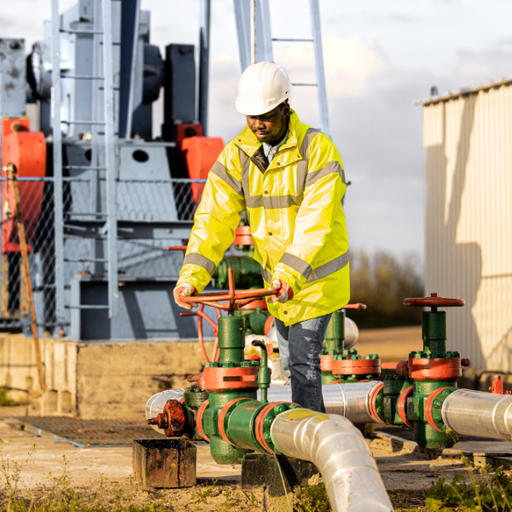
Description:
This advanced course is designed for those who have a theoretical and practical understanding of the applications of ESP artificial lift technology and want to expand their knowledge. This course provides in depth knowledge of the design and installation of the ESP used in aggressive environment application, delegates can learn how to optimize and troubleshoot ESP Installation. This course is designed also to provide recommendations for designing ESP systems for special applications.
Contents:
- Well and reservoir performance fundamentals: fluid properties and characterization
- ESP components
- ESP design and applications in special conditions
- ESP Installation and Troubleshooting
- Bottomhole Pressure Calculations
- Power Efficiency of the ESP System
- Monitoring and Troubleshooting of ESP Installations
- Special ESP Installations
- Emerging Technologies
Designed For: Petroleum engineers, production engineers, other technical and operational staff who are involved in production optimization
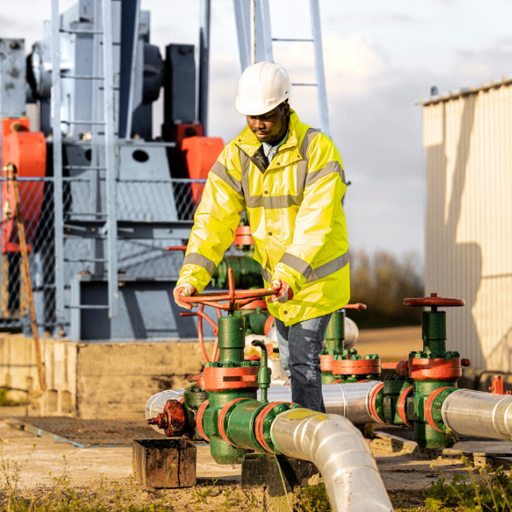
Description:
This course will help acquire knowledge on well testing procedures and operations as well as an introduction to equipment and instrumentation, to control, condition, monitor, and measure and sample the fluids that are produced from the reservoir during the production testing process.
Contents:
- Overview of Well Testing
- Pressure Operation
- Introduction to DST
- Surface Well Testing in Deepwater Environment
- Fluid Sampling
- Surface Testing Operations
- Clean Up
- Productivity test
- Separator
- Oil Calculation
- Gas Calculation
- Equipment selection & preparation
- Data recordings and Measurements
- Data Quality Control
- Well Test Procedures
- Down-hole and surface equipment and specifications
- Real-time Technology in Well Testing
Designed For: Production engineers, Petroleum engineers, Production Supervisors, Operation engineers, Field Technicians, Reservoir engineers, Other technical or operational staff who are involved in well testing operations.
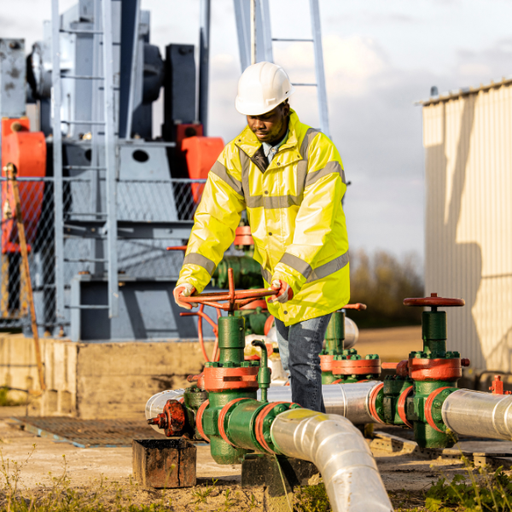
Description:
This course provides in-depth information on the productivity problems fundamentals that govern the oil and gas wells production performance, with the objective to develop skills to understand productivity problems and to identify solutions applying optimization technologies leading to enhance and optimize production. The course also outlines Flow assurance fundamentals including diagnostics, controls, and prevention of productivity
Contents:
- Well Production Enhancement and Optimization
- Well Surveillance and well problems
- Well Intervention for Productivity Enhancement
- Well Productivity Optimization
- Artificial Lift technologies
Designed For: Petroleum engineers, production engineers, other technical staff who are involved in well performance evaluation and modeling
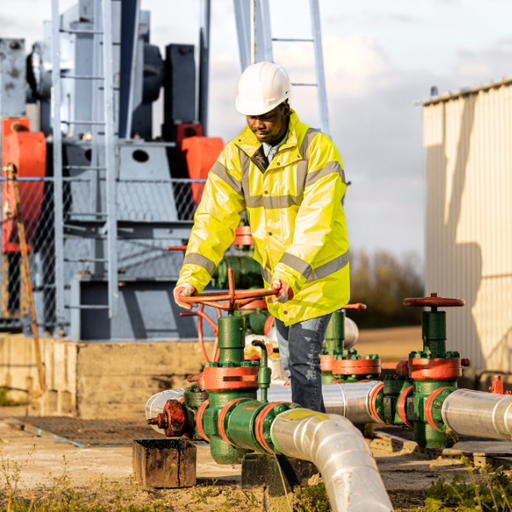
This course provides an in-depth understanding of the analytical approach used to quantify and optimize the flow of oil and gas production from the reservoir up to the surface. The understanding of the individual performance of these elements is the only way to improve or optimize the performance of the whole system. Analytical models will be used to predict the performance of a segment of the system, using measured or inferred parameters. The curriculum is accompanied by numerous training exercises using commercial software.
Contents:
- Introduction
- Lift Performance
- Flowing Well Performance
- Production Rate Decline Curves
- Optimizing Well Performance
Designed For: Petroleum engineers, production engineers, staff involved in the optimization of well productivity.
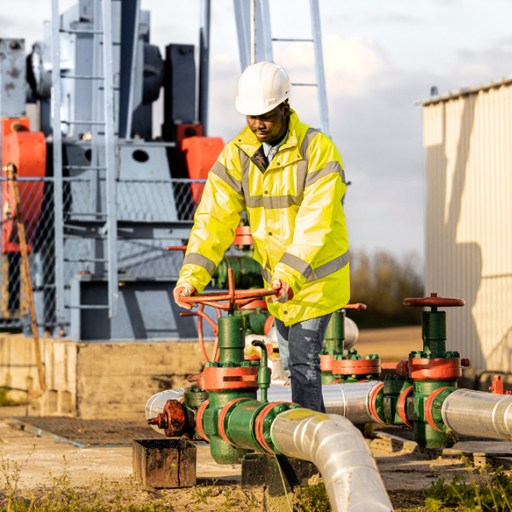
Description:
This extensive course will enable participants to understand the concepts and practical applications of modeling naturally flowing and artificial lift wells with Prosper, surface network modeling with GAP, reservoir modeling with MBAL and full field performance prediction with GAP and MBAL.
Contents:
- Integrated production system
- Reservoir fluid properties
- Building well model
- Inflow performance models
- Introduction to MBAL
- Introduction to GAP
- Integrated modeling
Designed For: Petroleum Engineers, Production Engineers, Production Technologist
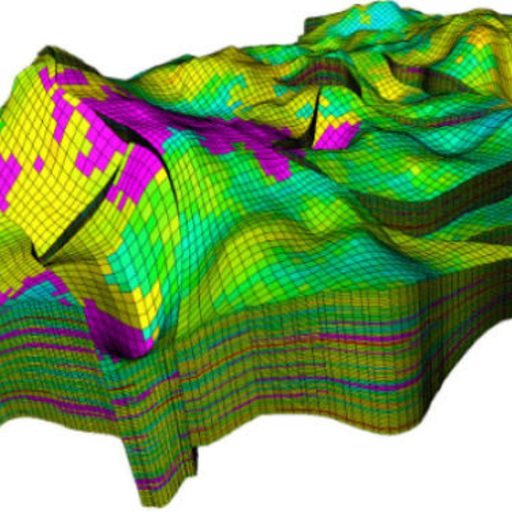
Description:
This course aims to cover the fundamental aspects of reservoir engineering with an emphasis on interaction with the other subsurface disciplines. The course provides an apprehension of reservoir engineering processes thereby improving integration and understanding between the different subsurface disciplines. The curriculum will be based on relevant case studies and is accompanied by practical field examples.
Contents:
- Reservoir Geology
- Reservoir engineering overview
- Fundamentals of reservoir fluid properties: fluid types, phase behavior, correlations
- Fluid Flow in Porous Media: Darcy’s law
- Fundamentals of reservoir Rock Properties: porosity, wettability, capillary pressure, permeability, relative permeability
- Fluid statics and fluid distribution
- Reservoir Drive Mechanisms
- Well performance
- Recovery Types
- Hydrocarbon volumetric
- Probabilistic reserves estimation
- Material Balance Concepts
- Decline Curve Analysis concepts
- Principles of transient well test analysis
- Enhanced Oil Recovery
- Reservoir Simulation and Management
- Economics of Reservoir Development
Designed For: All technical staff who are working closely with reservoir engineers.
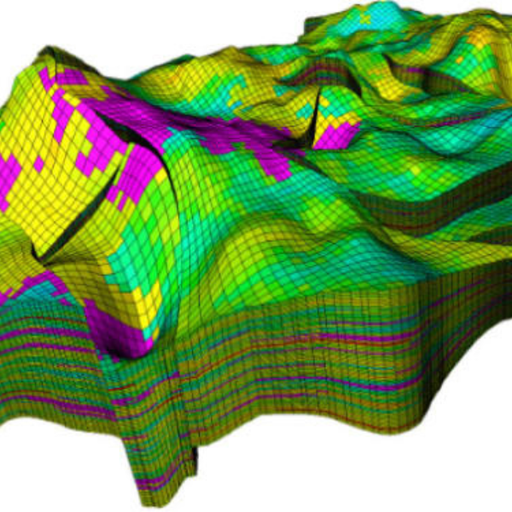
Description:
This course will present the various reserve estimating methodologies, elaborate the difference between resources and reserves. It will also explain the classifications and definitions of these reserves and resources, along with a guideline for the application of these definitions. PRMS, SPE, WPC, AAPG, SEC, and other guidelines will be discussed.
Contents:
- Classifications and definitions of reserves and resources.
- Deterministic and probabilistic definitions.
- Reserves estimation methodologies
- Classifications and definitions of reserves and resources.
- Deterministic and probabilistic definitions.
- Reserves estimation methodologies
Designed For: Reservoir engineers, Production engineers, Geologists, Geophysicists, Economists, Facilities engineers, asset managers
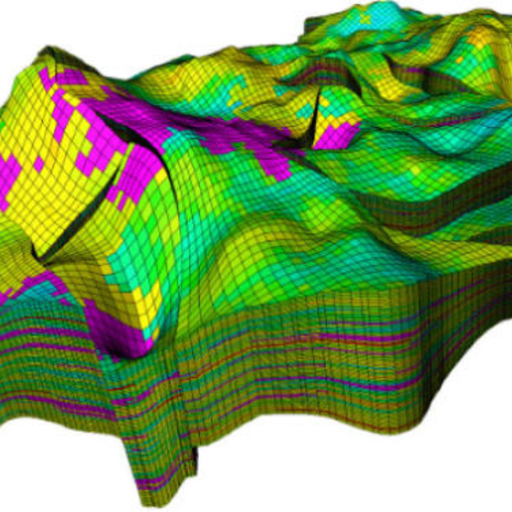
Description:
This course introduces a comprehensive overview of the basic principles and techniques of reservoir engineering, including methods on how to calculate the original hydrocarbon volumes in place, reservoir pressures, PVT for fluid characterization, material balance, Darcy’s law, radial flow, well inflow equations and well testing fundamentals. The curriculum will be based on relevant case studies and is accompanied by numerous training exercises and practical field examples.
Contents:
- Petroleum Geology
- Introduction to Reservoir Engineering- key concepts and objectives
- Reservoir Drives and Reserves Determination
- Rock properties
- Fluid Properties
- Well production Performance
- Well Testing
Designed For: Petroleum Engineers, Reservoir Engineers, Production and Operations Engineers, Petro physicists, Geophysicists, and Geologists
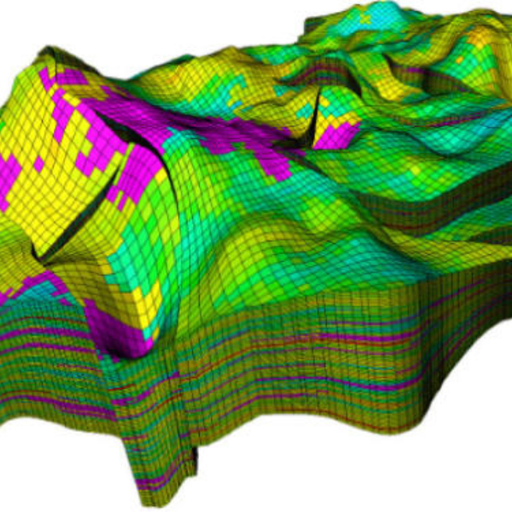
Description
This course introduces the basics of reservoir fluid properties, phase behavior and fluid sampling. Along with PVT reports and laboratory experiments, PVT properties interpretation, EOS modeling and data preparation for reservoir simulation. The lecture is accompanied by numerous training exercises and practical field examples.
Contents:
- Reservoir Fluids and Phase Behavior
- Reservoir fluid composition and fluid types Classification
- Phase behavior
- Natural gas properties
- Crude oil properties
- Fluids Sampling
- PVT Reports
- PVT laboratory experiments
- Equation Of State Theory
- Compositional vs. black-oil modelling
- Introduction to EOS Models
Designed For: Equation Of State Theory Compositional vs. black-oil modelling Introduction to EOS ModelsEquation Of State Theory Compositional vs. black-oil modelling Introduction to EOS Models
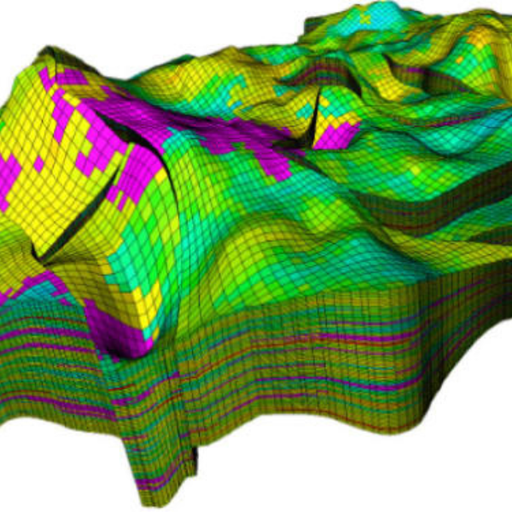
Description:
This course aims to develop knowledge and skills on understanding of advanced r eservoir fluid phase behavior and equation of state (EOS) modeling. This course is designed to be a practical course.
Contents:
- Fluid Phase Behavior & Basic PVT Properties
- Fluid Sampling & PVT Laboratory Measurements
- Laboratory Report and PVT data Quality Checks (QC)
- Cubic Equations of State (EOS)
- VLE Calculations & Intro to PVT simulators
- Fluid characterization with an equation of state (EOS)
- Compositional vs. black-oil modeling
- Black oil correlations
- Correlations and laboratory data to estimate PVT properties
- Traditional and modified black-oil PVT properties
- PVT EOS Simulation study
- PVT Special Studies
- Advances in Interfacial tension test
Designed For:Reservoir Engineers, Production engineers, Petroleum engineers, Researchers, and all technical staff working on the PVT analyses.
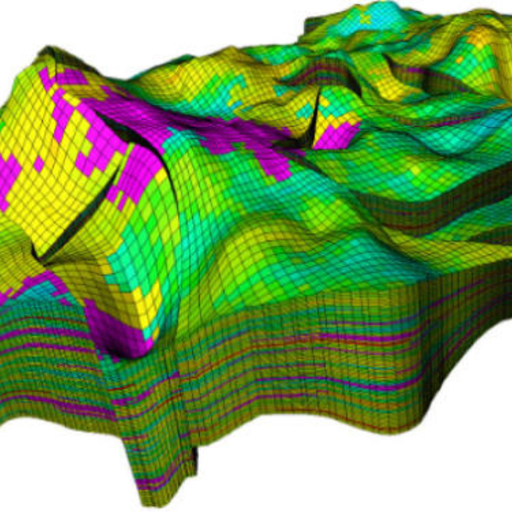
Description:
This course aims to cover a broad overview of the special core analysis (SCAL) concepts, from different laboratory experimental methods and techniques to the assessment of the laboratory results, then the development of representative reservoir properties to be used in classical reservoir engineering and numerical simulation reservoir models.
Contents:
- Reservoir Engineering and SCAL
- Coring Techniques
- SCAL Methods for Reserve Estimation and Model Initialization
- SCAL Methods for Reservoir Recovery
- Reservoir Characterization and Residual Saturations
- Specialized SCAL Methods
Designed For: All technical staff working on planning, performing, monitoring and using special core analyses for reservoir static and dynamic modelling
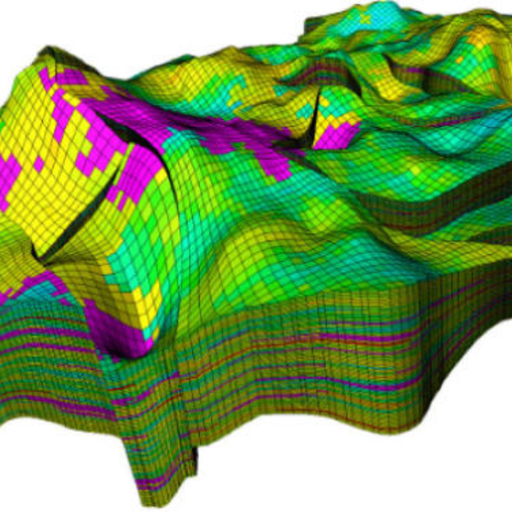
Description:
This course provides an understanding of the concepts and practices of well test analysis and the interpretation methods used to develop reservoir properties. Concepts and interpretation methods are accompanied and illustrated by numerous training exercises and practical field examples. Attendees are encouraged to bring interesting well test data for analysis and discussion in the class, using commercial software. A detailed course hand-out, which is an excellent reference, will be provided.
Contents:
- Fundamentals of well testing
- Well Test Analysis techniques
- Wellbore responses
- Reservoir models
- Boundary models
- Gas well testing
Designed For: Graduate reservoir engineers, petroleum engineers and all technical staff who are interested in well test interpretation.
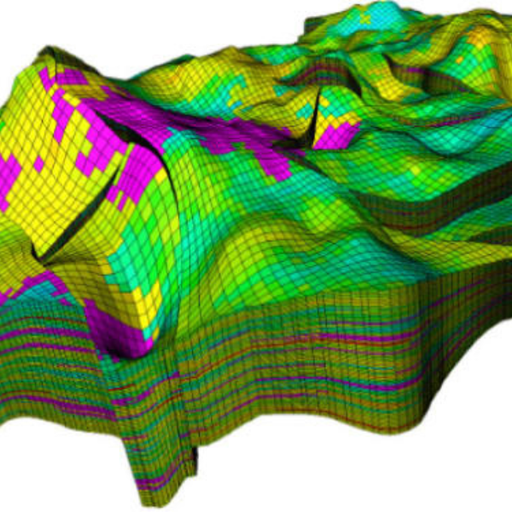
Description:
This course is designed to give an overview of the fundamental and practical aspects of reservoir simulation. This includes reservoir engineering concepts, mathematical concepts, derivation of reservoir flow equations, finite difference approximations, and their solutions, and applications to predict reservoir performance. The curriculum will be based on relevant case studies and is accompanied by numerous training exercises and practical field examples.
Contents:
- Introduction to reservoir simulation
- Numerical discretization of the fluid flow equation
- 3D-Full field simulation model for a real reservoir
Designed For: Geoscientists and engineers who are interested to deepen their knowledge and get a practical insight in dynamic reservoir simulation.
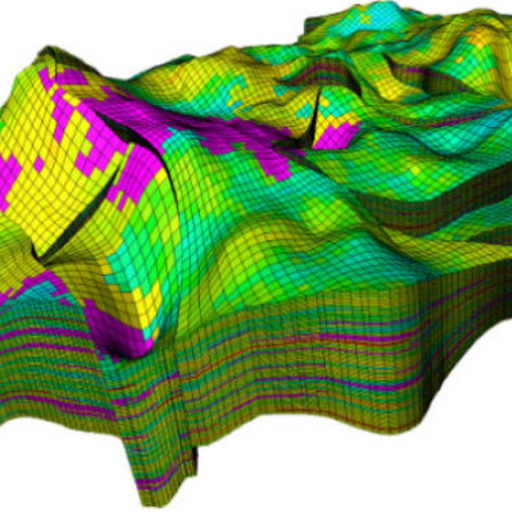
Description:
This course demonstrates the process of the integrated reservoir modeling starting from the geological model Incorporation into the dynamic model and up to different model prediction scenarios. This course is designed to be a practical course.
Contents:
- Introduction
- Static geological modeling
- Rock & Fluid Properties Integration
- Integration of production data through history matching process
- Well modeling
- Surface Models
Designed For: Geoscientists and engineers who are involved in reservoir modeling
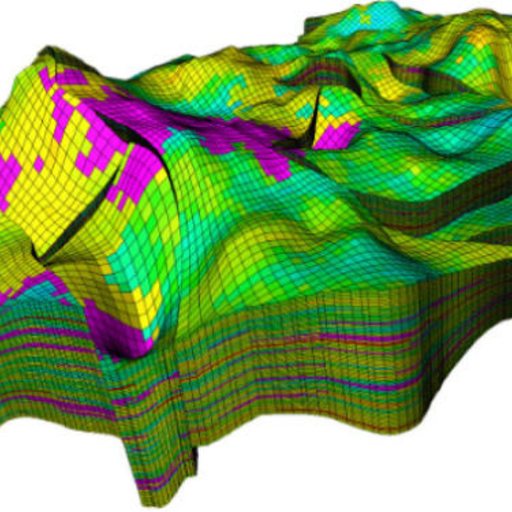
Description:
This course is designed to provide the fundamentals and principles of various enhanced oil recovery processes. A wide variety of topics will be presented including miscible and immiscible gas injection, chemical flood, and thermal flooding. These technologies will be discussed and guidelines will be presented for initial screening with each process corresponding to particular field conditions.
Contents:
- Overview of Enhanced Oil Recovery (EOR) Processes
- Reservoir Fluid Properties and Reservoir Characterization
- Chemical and Miscible EOR Techniques
- Thermal EOR Processes
- Other Advanced EOR Processes
Designed For: Geoscientists, reservoir engineers, petroleum engineers and production engineers who are interested in EOR projects.
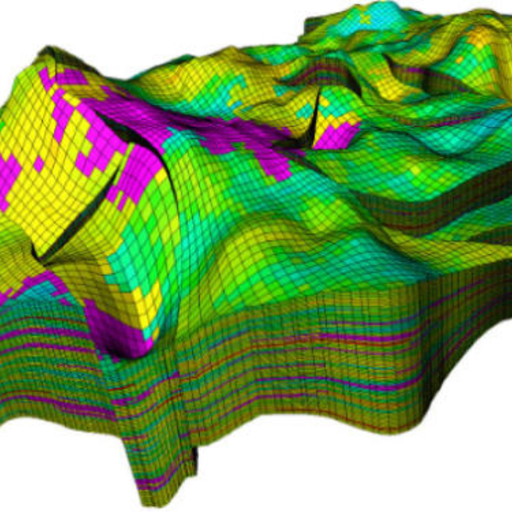
Description:
This course provides an in-depth understanding of the concepts and practices of advanced well test design and analysis used to improve interpretation skills by developing key reservoir parameters from well pressure transient tests. Interpretation methods will be applied to vertical and horizontal wells in homogeneous, layered, naturally and hydraulically fractured, and compartmentalized reservoirs. Numerous training exercises and practical field examples will be used throughout the course to reinforce the concepts and interpretation method. This course is designed to be a practical course.
Contents:
- Review of Fundamentals concepts of Well Test Analysis
- Modern Techniques of Well Test Analysis
- Well testing in Hydraulically Fractured Wells
- Gas Well Testing
- Well testing in Naturally Fractured Reservoirs
- Well testing in Multilayer and Composite Reservoirs
- Multiphase Flow, Multidate Tests, Partial completion
- Well testing in Slanted and Horizontal Wells
- Injection Well testing
- MDT Tool: Pressure Analysis
- Well Test Design
Designed For: Reservoir engineers, petroleum engineers, Well test engineers, Production engineers, other technical staff who are interested in applying advanced and modern interpretation techniques to analyze pressure transient tests.
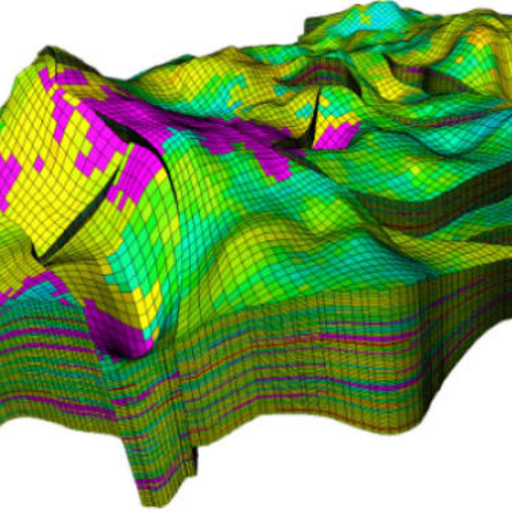
Description:
The aim of this course is to cover all the aspects required for a successful design, implementation, and operation of a water flooding project, including theoretical and operational practices.
Contents:
- Waterflood Data Management - Data Acquisition, Analysis and Integration
- Screening for Waterflooding
- Water injection system
- Recovery Processes
- Waterflood Design
- Waterflooding surveillance
- Case Studies
Designed For: Reservoir engineers, petroleum engineers and production engineers and other professionals who are involved in designing waterflood projects.

Description:
To improve communication and collaboration between teams, all employees and managers need to speak English, which is the language of the Oil and Gas industry. This training course will help candidates learn the technical words needed to understand and conduct a technical discussion.
Contents:
- Introduction
- English for Oil and Gas Exploration
- English for Oil and Gas Production
- Safety & emergencies
- Making a successful presentation
- Technical writing
- Test
Designed For: All Oil & Gas technicians, engineers and managers interested in improving their knowledge of the English language as well as their communication skills

Description:
To improve communication and collaboration between teams, all employees and managers need to speak English, which is the language of the Oil and Gas industry. This training course will help candidates learn the technical words needed to understand and conduct a technical discussion. This course allows to the geoscientists to enrich their vocabulary, improve their communication skills, and be prepared for the technical training courses in Geology, Geophysics and Petrophysics.
Contents:
- Introduction
- English for Field Geology
- Structural Geology and Sedimentology
- Geophysics
- Petrophysics
- Workshop
- Test
Designed For: Geologists, geophysicists, petrophysicists, and managers

Description:
To improve communication and collaboration between teams, all employees and managers need to speak English, which is the language of the Oil and Gas industry. This training course will help candidates learn the technical words needed to understand and conduct a technical discussion. This course is designed for reservoir and production engineers to enrich their vocabulary, improve their communication skills, and be prepared for the technical training courses listed in the “RESERVOIR ENGINEERING” and “PRODUCTION” sections of this catalogue.
Contents:
- Introduction
- English for Reservoir Engineering
- English for Production Engineering
- Workshop
- Test
Designed For: Reservoir Engineers, production engineers, and managers

Description:
This training course will help candidates learn the technical words needed to understand and conduct a technical discussion. This course is designed for drilling engineers and the operational staff working in collaboration with them, to enrich their vocabulary, improve their communication skills and be prepared for the technical training courses listed in the “DRILLING ENGINEERING” sections of this catalogue.
Contents:
- Introduction
- Vocabulary
- Workshop
- Test
Designed For: Drilling engineers, Petroleum engineers, Reservoir Engineers and all the technical and operational staff who are involved in well design and drilling operations.
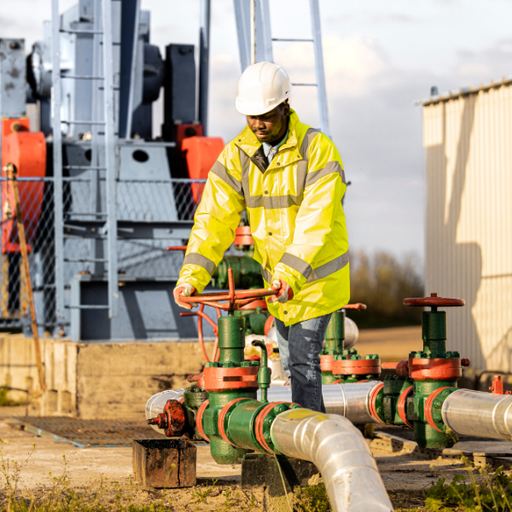
Description:
This course explains the proficiency needed for designing an optimum well completion program that focuses on maximizing field production and increasing recoverable reserves. It aims to deliver the concepts and procedures leading to an optimized completion design.
Contents:
- Reservoir Performance and Well Completion
- Completion Equipment
- Well Completion Design
- Completion Fluids
- Cased Hole Logs
- Stimulation
- PERFORATION
- Well Completion Planning
- Special completions
Designed For: Petroleum engineers, production engineers, geoscientists, completion engineers, reservoir and drilling engineers, other technical and operational staff from other disciplines, who are concerned with well completion design.
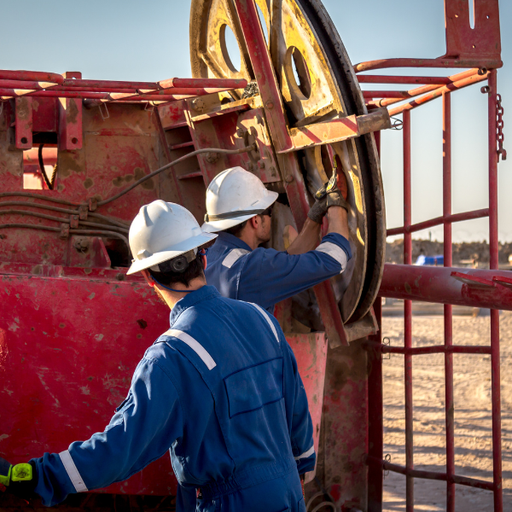
Description:
This course presents the fundamental aspects of oil and gas drilling technology, equipment and procedures. The drilling process is explained along with definitions and descriptions of drilling equipment as well as the terminology to understand the drilling process. The course addresses also an overview of rig types and equipment, the preliminary well design, directional drilling, drilling fluids, drilling bits and drilling economics. In addition, it emphasizes the basics of casing design calculations, well control as well as well completion.
Contents:
- Well Construction Process
- Drilling Fundamentals
- Preliminary Well Design
- Programming and Drilling
- Evaluating and Completing
Designed For: Junior drilling engineers, Geoscientists; Petroleum engineers; Reservoir Engineers and all the technical or operational staff who are working in collaboration with drilling engineers or involved in well design and drilling operations.
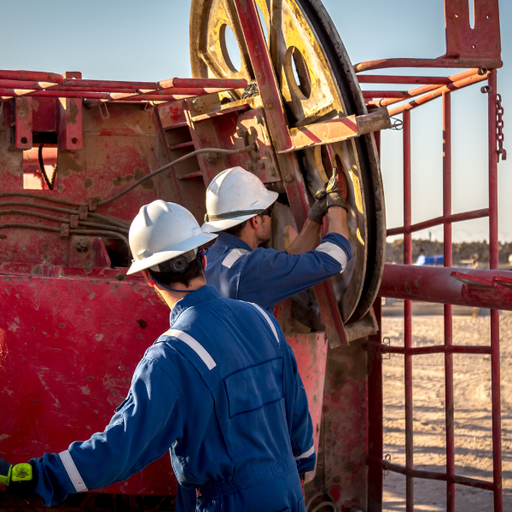
Description:
This course is designed to provide the participants with an in-depth knowledge on the drilling rig and the rig equipment.
Contents:
- DRILLING RIGS
- RIG FLOOR TRIPPING EQUIPMENTS
- BOP SYSTEM
- Mud Circulating System
- MOTION COMPENSATION SYSTEM
- PLATFORM TYPES
- MARINE RISERS
- THE DRILLING STRING
- DRILLING BITS
Designed For: Drilling engineers, Drilling supervisors, well engineers, Operation engineers and other technical or operational staff involved in well operations and workovers.
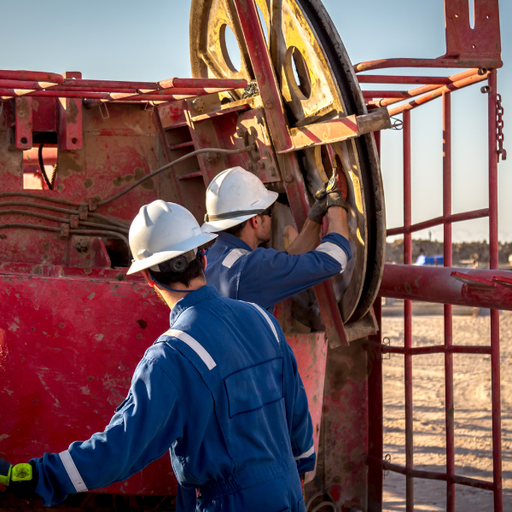
Description:
This course aims to provide the theoretical and practical aspects of drilling fluids technology. Detailed understanding will be conducted on the drilling fluids products, systems, chemistry, hydraulics, and rheology. The course will also cover the different components of the mud circulating system, drilling fluid testing protocols and equipment as well as solid control equipment and process. Hands-on laboratory Exercises may be included according to the client’s needs and requirements.
Contents:
- Basics of Drilling Fluids
- Drilling fluid products, systems, and chemistry
- Drilling fluid testing protocols and equipment
- System of Circulation
- Drilling Problems related to drilling fluids
- Solid control equipment and process.
- Health, Safety and the Environment
Designed For: Drilling engineers, Drilling supervisors, Drilling fluids engineers, Drilling fluids supervisors, Toolpushers, Geologists, Laboratory Fluid Technologists, and other technical or operational staff involved with drilling operations.
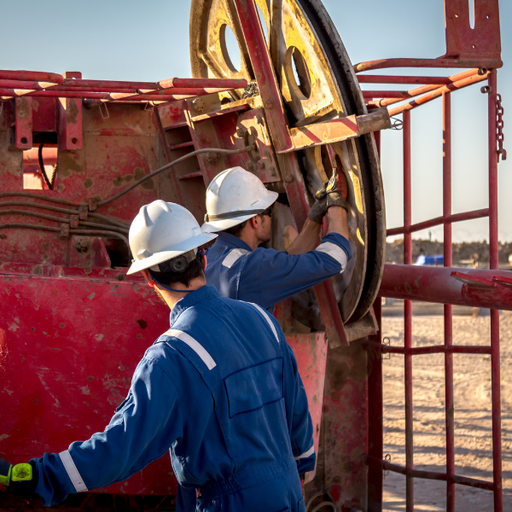
Description:
This course provides a comprehensive overview of the different types of bits, criteria for bit selection and design, drilling bit performance, and evaluation. It also covers the IADC classification system, factors affecting bit efficiency and optimization as well as wear study on the different types of bits.
Contents:
- Basics of Bit Design
- Bit Types
- IADC Classification
- Criteria for selecting the Bit for a given Formation
- Standard Methods for Evaluating Bit Dullness
- Factors affecting Bit Wear and Drilling Speed
- Optimization of Bit Weight and Rotary Speed
- Bit Optimization
- Study of wear on Roller cone bits
- Study of wear on fixed cutter bits
Designed For: Junior Drilling and well engineers, drilling supervisors, managers and all technical and operational staff who are involved with well design and drilling operations.
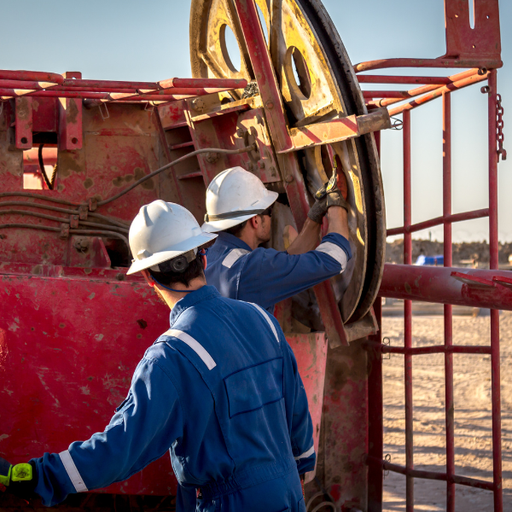
Description:
This course aims to provide basic understanding of drilling hydraulics, the methods and techniques used for pressure drop estimation, overview of drilling fluid rheology and how it affects drilling hydraulics. It will also cover the current industry practice on drill bit design and hydraulics optimization.
Contents:
- Functions and properties of drilling fluids
- Hydrostatics of Drilling Fluids
- Drilling Fluid Rheology
- Hydraulics Models
- Bit Hydraulics
- Hole Cleaning
- Surge and swab flow calculations
- Hydraulics Optimization
Designed For: Drilling engineers and supervisors, Drilling fluids engineers and supervisors, Tool pushers, Geologists, Laboratory Fluid Technologists, and other technical and operational staff involved with drilling operations and the development, planning and application of the drilling fluids and drilling hydraulics.
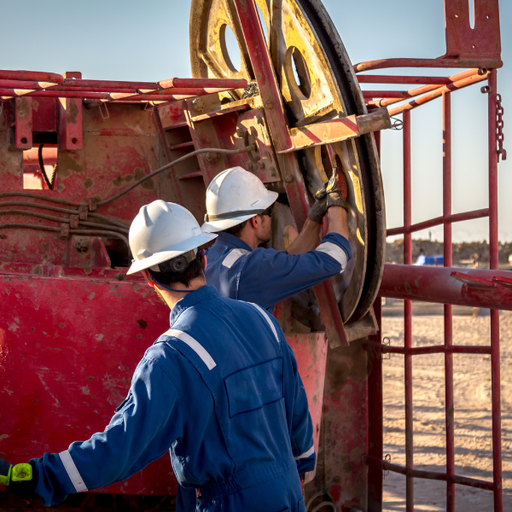
Description:
This course is designed to provide drilling and well engineers with the competency to design a drill string for a well. Topics covered will include drill string components, drill string failures and mechanical properties of drill string materials as well as vertical and deviated drill string design. The course will emphasize also the methods and processes of drill string inspection. By the end of the course, attendees will be able to set design constraints and factors, perform an overload design, a fatigue design, monitor and mitigate BHA vibration as well as predict and manage buckling. The course will cover theory, hands-on exercises, and the application of case studies.
Contents:
- Design assumptions
- Design factors
- Drill string components
- Vertical to high angles well design
- Drill string design
- Mechanical properties
- Bottom hole assembly selection and design
- Torque and Drag
- Buckling
- Drillstring Failures and prevention
- Drillstring vibrations
- Bending strength ratio, stiffness ratio, and stress relief features.
- Drill string Wear
- Directional Drill string equipment and Design
- Drill string inspection methods and process
- Case study for designing a drill string.
Designed For: Drilling engineers and supervisors, Tool pushers, Well engineers, and all technical or operational staff involved with well planning and drilling operations.
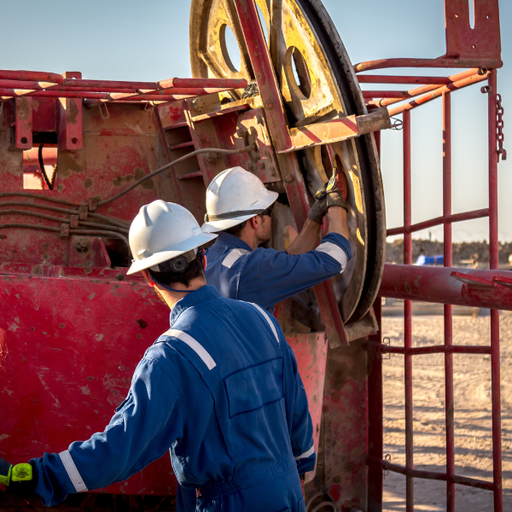
Description:
This course aims to develop knowledge and skills of the attendees in the theoretical and practical concepts of casing design and the related calculations. Design concepts will cover both surface and subsea drilling environment. In addition, the topics covered during this course will include casing setting depth, geological evaluation, casing specification and classification, mechanical properties of casing material, procedures, formulas, and rule of thumb for developing a detailed Casing Program. The course will include practical exercises and evaluation of knowledge gained.
Contents:
- Casing Profile
- Preliminary casing design
- Casing specification and classification
- Mechanical properties of steel and API casing strengths
- Tubular Range Lengths & Color Coding
- Material Aspects and Performance Properties
- Casing Loading and Design Considerations
- Special Design Condition
- Casing Design Workshop: Complete well design
Designed For: Drilling engineers and supervisors, Well engineers, and all technical or operational staff involved with well planning and drilling operations.
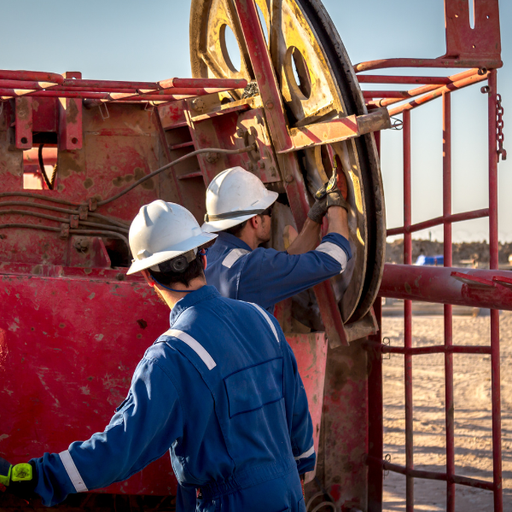
Description:
This course provides an understanding of almost all aspects of cementing operations and slurry design including primary and remedial cementing operations, cement chemistry and rheology, cement Properties and additives. Field Calculations, mud removal-slurry displacement and cementing equipment will be also presented. The training course covers the operating procedures, job planning and design as well as cement quality evaluation. By the end of the course, participants will learn how to design, plan, calculate, and execute successful Cementing Operations.
Contents:
- Cementing
- Cement Chemistry
- Rheology
- Cement Properties
- Cement Additives
- Special purpose cements
- Field Calculations
- Mud removal-slurry displacement
- Cementing equipment and cement job design
- Cement Quality Evaluation
Designed For: Drilling engineer and supervisors, Well engineers, completion engineers and all technical or operational staff involved in cementing and drilling operations.
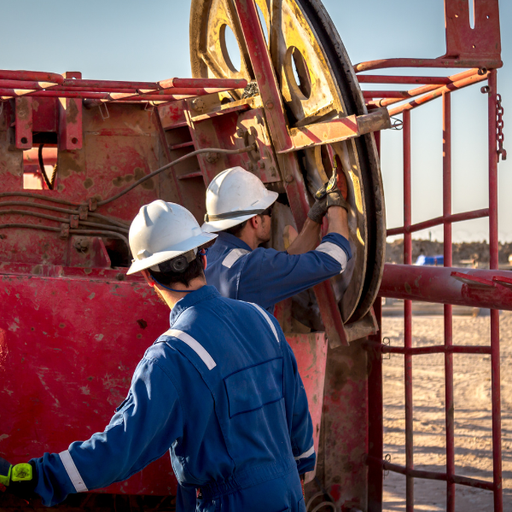
Description:
The course will cover the fundamentals aspects, design considerations, and operational concepts of directional drilling. Attendees will learn how to design and plan directional wells profiles, select bottom hole assemblies and understand directional drilling problems and learn how to manage these problems.
Contents:
- Introduction
- Well Planning and Directional Surveying
- Downhole Equipment
- Well Trajectory Planning
- Wellbore Stability and Drilling Hydraulics
Designed For: Drilling engineers and supervisors, toolpushers, drillers, managers and all technical and operational staff who are engaged in directional drilling technology.
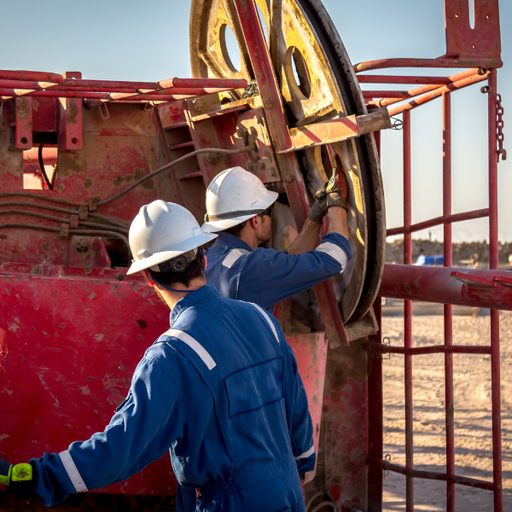
Description:
This course introduces the basics of well construction and drilling operations. The objective of this course is to give an overview on all the techniques applied for the well construction which include well planning, rig sizing and section, casing design, Drillstring Design, drilling fluids, drill bits, directional drilling, cementing, drilling problems, well control and drilling economics. Emphasis will be on the conceptual design and detailed engineering design calculations involved in planning a well.
Contents:
- Drilling operations
- Well planning
- Rig Sizing
- Pore pressure and Temperature
- Casing Design and BOP pressure rating
- Drill string Design
- Bit Selection
- Drilling Fluid and Hydraulics
- Cementing Operations
- Well control
- Directional drilling
- Drilling economics
- HSE Requirement for Drilling
Designed For: Drilling engineers and supervisors, tool pushers, operation engineers and all technical and operational staff who are involved in well design, drilling operations and workovers.
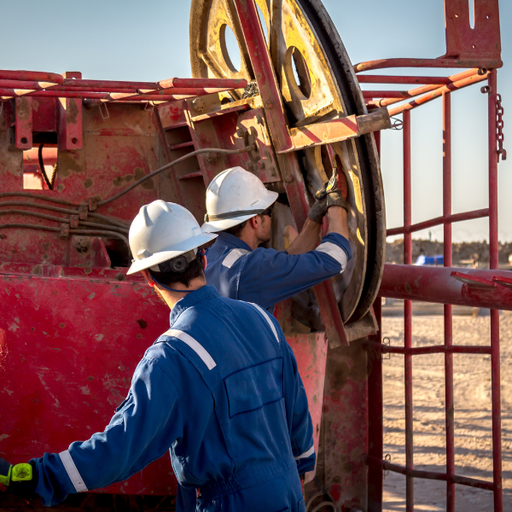
Description:
This course aims to develop an understanding of the causes of stuck pipe and how stuck pipe prevention can be managed through the well design and construction process. Topics covered will also include fishing techniques and tools, planning as well as the economics of fishing operations.
Contents:
- Introduction
- Rock mechanics
- Wellbore stress
- Stuck pipe: Definition, Causes and warning signs
- Well bore stability
- Stuck Pipe Mechanisms
- Loss of circulation
- Stuck Pipe Prevention Techniques and Tools
- Fishing: causes and prevention
- Fishing operation
- Fishing tool selection
- Fishing economics
- Fishing tool selection
- Fishing economics
- Drilling Jars
- Solids control
- Hole cleaning monitoring and management techniques
Designed For: Drilling engineers and supervisors, Completion engineers, drillers and all technical and operational staff who are engaged in drilling operations and workovers.
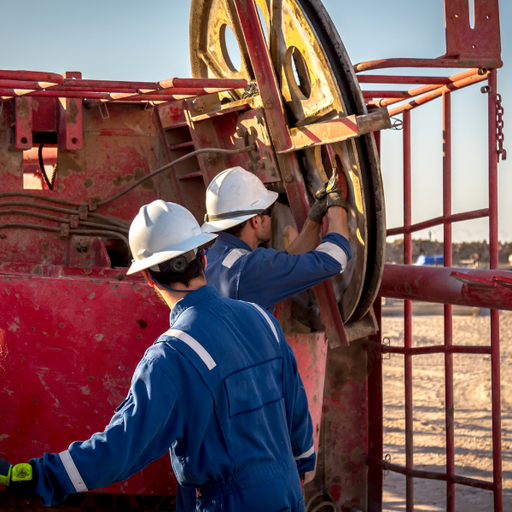
Description:
This course covers the fundamental aspects and practices of geomechanics and its important role in the well design and construction process. The course addresses details of the rock mechanics and earth stresses, and how in situ stresses can be determined from laboratory and log data. Other topics that will be covered in this course include the concept and construction of Mechanical Earth Models (MEM), geomechanical aspects of lost circulation, wellbore instability issues, Well Inclination and Depletion Effects. By the end of the course, participants will be able to plan for wellbore stability, implement geomechanics solutions in the well design and construction process, understand the concepts of wellbore strengthening. The course will include practical exercises and evaluation of knowledge gained.
Contents:
- Introduction to Rock mechanics and its applications in drilling operations
- Fundamentals of rock mechanics and earth stresses
- Laboratory Testing
- Log Based Parameters
- Pore pressure
- Construction and utilization of a Rock Mechanical Earth Model
- Wellbore instability issues
- Planning for wellbore stability
- Geomechanical aspects of loss of circulation
- Well Inclination and Depletion Effects
Designed For: Drilling and completion engineers, and all technical and operational staff who are engaged in well design, drilling and completion operations.
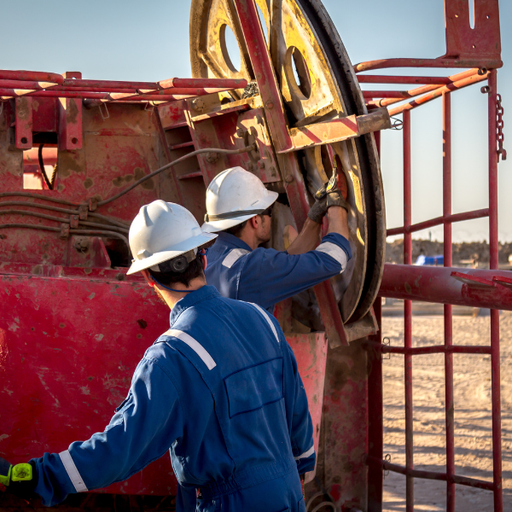
Description:
This course provides an understanding of almost all the aspects of coring technologies including the coring process, techniques and equipment. By the end of the course, participants will be able to choose the equipment accordingly to the operational objectives and constraints.
Contents:
- Introduction
- The standard core barrels
- Coring Solutions
- Oriented Coring
- Core Bits
- Coring Procedures
- Other coring technologies
- Core Analysis
Designed For: Drilling engineers and supervisors, operations engineers, well engineers and all technical and operational staff who are engaged in coring operations.
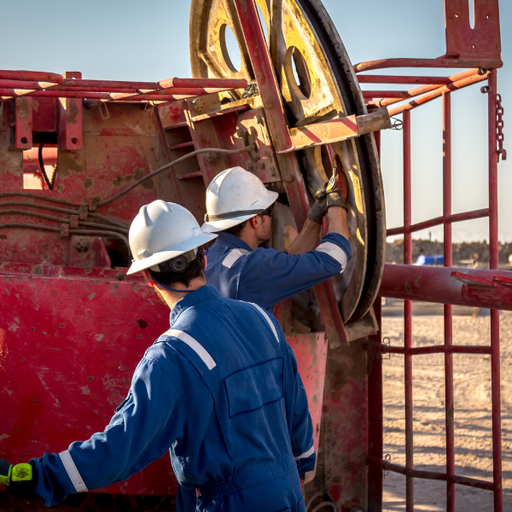
Description:
This course provides the conceptual and operational aspects of Deepwater Well design and construction. Deepwater Rigs types and Selection Criteria are discussed along with drilling equipment systems, Deepwater environment challenges and the related drilling issues and hazards. A geology overview is given together with wellbore stability and well design including casing design, drilling fluids and cementing. Other topics will be covered in this course including Well control, BOP equipment and well completion
Contents:
- Introduction to Deepwater Well Design and Construction
- Deepwater Rigs and Selection Criteria
- Location and Geology Deepwater Drilling
- Overburden removal and Compaction
- Pores and fractures
- Deepwater Equipment Systems
- Drilling from a Floating Vessel
- station-keeping
- Wellheads and Casing
- Blowout Preventers
- Risers
- Motion Compensation
- Riserless Drilling
- Deepwater Drilling Fluids
- Subsea completions, processing, control systems, well maintenance, and seafloor processing.
- Deepwater Cementing Operations
- Deepwater Drilling Problems and Hazards
- Well Control issues, Management, Equipment and Techniques
- Emergency Response Planning and Contingency Management
- Abandonment of subsea wells.
Designed For: Drilling professionals staff who are interested in the Deepwater well engineering, planning and drilling operations
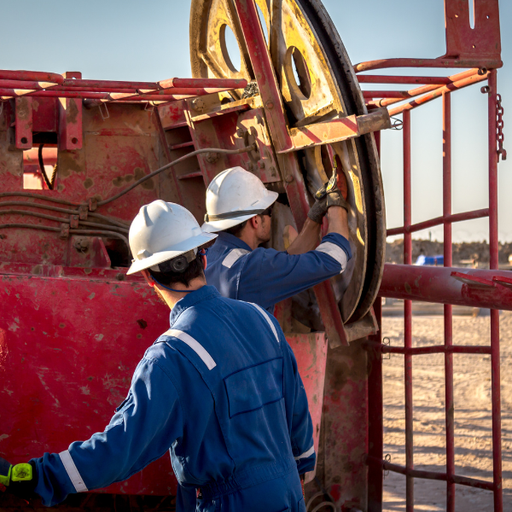
Description:
This course provides an understanding of the aspects of High-Pressure and High-Temperature (HPHT) drilling and completion operations. It introduces the fundamental challenges associated with HPHT drilling and completions throughout the well design and drilling operations. It develops the principles of HPHT well engineering from rig selection through well control and HPHT considerations for casing design, drilling fluids, cement operations and completion.
Contents:
- Introduction
- Well Design
- Rig Equipment
- Well Operations
- Testing and Completions
Designed For: Drilling professionals staff who are interested in the HPHT well engineering, planning and drilling operations
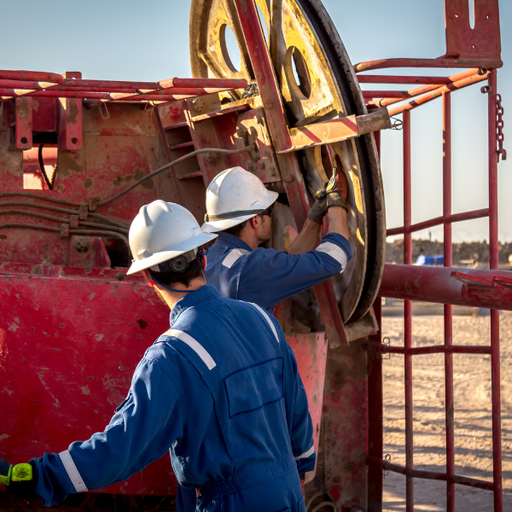
Description:
The course provides an understanding of the concepts and principles needed to apply well integrity and risk management practices during well construction and operations.
Contents:
- Fundamentals of well integrity management
- Life cycle Well Integrity
- Well Integrity Management System
- Well Failure Model
- Well Integrity Threats -Corrosion and Flow Assurance
- Well Integrity Monitoring, Inspection and Testing
- Well Integrity Risk Assessment
Designed For: Drilling professionals staff who are involved with well integrity.

Description:
This course is designed for geoscientists and junior geophysicists who want to get familiar with a specific workflow, allowing to build realistic geological models, starting from data QC and seismic interpretation to seismic inversions and 3D Geological modeling. During this course, candidates will be practicing on Software
Contents:
- Introduction
- Acoustic Waves
- Seismic Acquisition and Processing
- Seismic Interpretation
- Velocity Modeling and Depth Conversion
- Seismic Attributes
- Seismic Inversions
- Geological Modeling
Designed For: Geologists, junior geophysicists

Description:
This extensive course will enable participants to understand the concepts and practical applications of modeling naturally flowing and artificial lift wells with Prosper, surface network modeling with GAP, reservoir modeling with MBAL and full field performance prediction with GAP and MBAL. Practical examples and exercises will be used to reinforce the understanding and application of the knowledge gained.
Contents:
- Integrated production system
- Reservoir fluid properties
- Building well model
- Inflow performance models
- Introduction to MBAL
- Introduction to GAP
- Integrated modeling
Designed For: Petroleum Engineers, Production Engineers, Production Technologist

Description:
This course aims to provide participants with a broad and focused understanding of well drilling techniques, operations, equipment, and design. A theoretical and hands on approach is used in the delivery of this intensive training program. Lectures are designed to give the participants a broad range of drilling engineering topics, detailed knowledge and skills needed in drilling engineering. Participants will be exposed to standard industry software, drilling simulators and opportunity to work in teams and individually. Participants will be assessed periodically throughout the program with a final assessment at the end of the training.
Contents:
- Fundamentals of Petroleum Geology and Geomechanics
- Basic Drilling and Well engineering
- Project Management and Well delivery process
- Conceptual well design and Drilling Data Analysis
- Advanced Casing Design
- Drilling Rig Selection
- Drilling Fluids and mud system
- Cementing design and operations
- BHA design
- Directional Drilling & Surveying
- Drill bits selection and drilling parameters
- Torque, drag and hydraulics
- Well construction & operations
- Drilling problems and remedials (losses, stuck pipe, fishing)
- Formation Evaluation Technologies (E-Logging, Coring, DST, Well Testing)
- Well control – Procedures & Principles
- Well control – Equipment
- Advanced well control (HPHT wells and subsea BOP)
- Well Integrity Concept & Management
- Well completion & design
- Workover & Well Interventions (perforation, acidizing, fracking, sand control, well testing).
- Drilling HSE & Risk Assessment
- Exam & Evaluation
Designed For: Junior Drilling engineers, Drilling supervisors, Junior Well engineers, other technical staff with little or no prior experience in drilling and personnel who are involved in well planning and drilling operations & workover.

Description:
This multi-disciplinary training course provides a comprehensive technical knowledge of reservoir characterization. It is designed for geoscientists and engineers who are involved in multidisciplinary teams. It covers the following disciplines: Geology, geophysics, petrophysics and reservoir engineering. This course allows to the participants to get a better knowledge of the different disciplines and thus improve their productivity and problem-solving skills.
Contents:
- Geology
- Geophysics
- Petrophysics
- Reservoir Engineering
Designed For: Geologists, Geophysicists, Petro physicists, petroleum engineers and all G&G staff who want to improve their productivity and problem-solving skills by learning how to integrate data and results from different disciplines.

Description:
This multi-disciplinary training course provides a comprehensive technical knowledge of a full field development plan. It is designed for geoscientists and engineers who are involved in multidisciplinary teams. It covers the following disciplines: Geology, geophysics, petrophysics, reservoir engineering, drilling, management, petroleum economics and data sciences applied to the petroleum industry. This course allows to the participants to get a better knowledge of the different disciplines, and to get up to date with the newest technologies in the industry and thus improve their productivity and problem-solving skills. NB: This course is delivered per class (12 participants maximum) .
Contents:
- Geology
- Geophysics
- Petrophysics
- Reservoir Engineering
- Drilling
- Petroleum Economics
- Management
- Data Science
Designed For: Geologists, Geophysicists, Petro physicists, petroleum engineers and all G&G staff who want to improve their productivity and problem-solving skills and get up to date with the newest technologies.

GEOSIGMOID GROUP CONSULTING SERVICES (Short Presentation)
Our Clients
Shared Vision, Shared Success!
